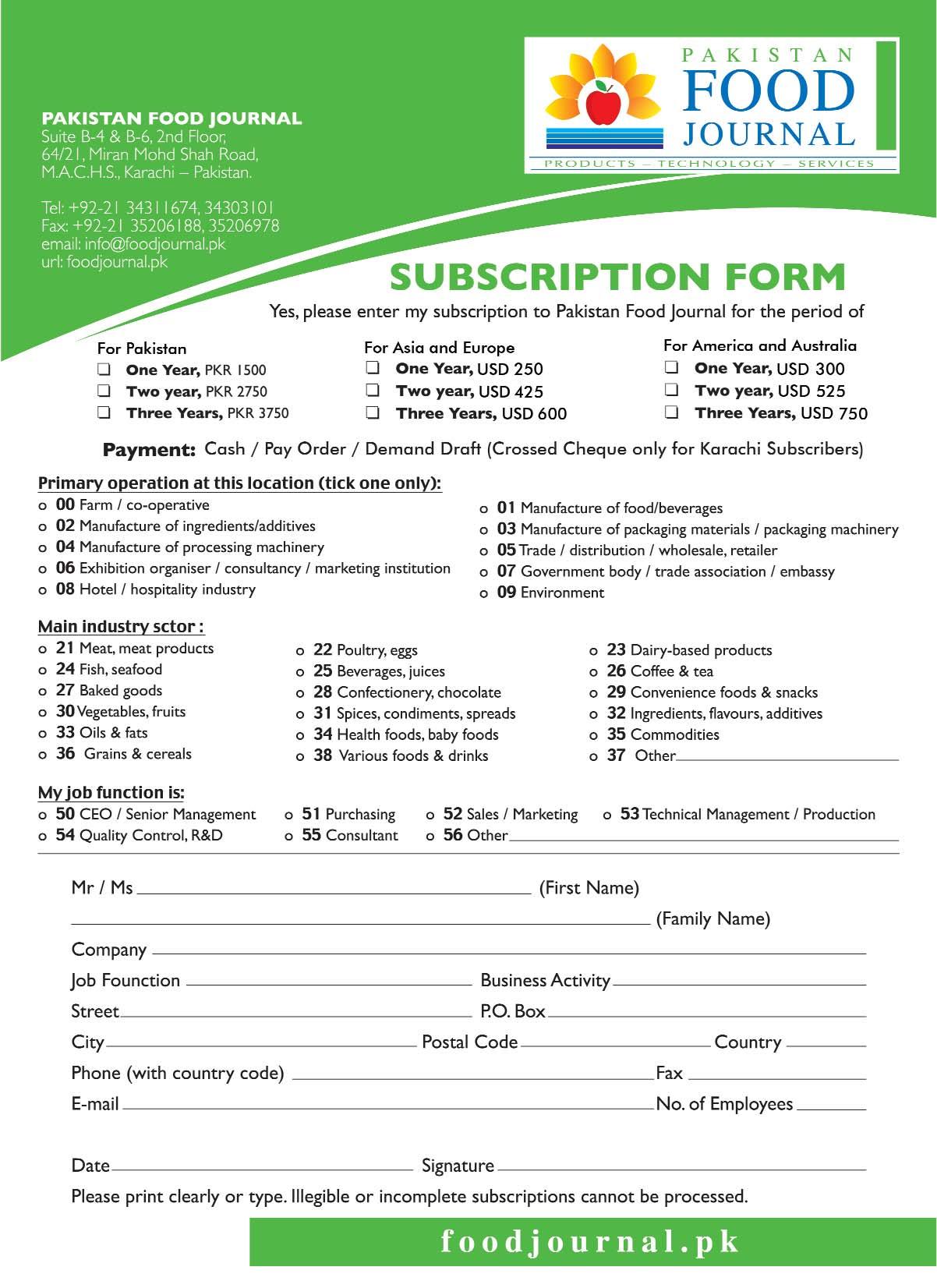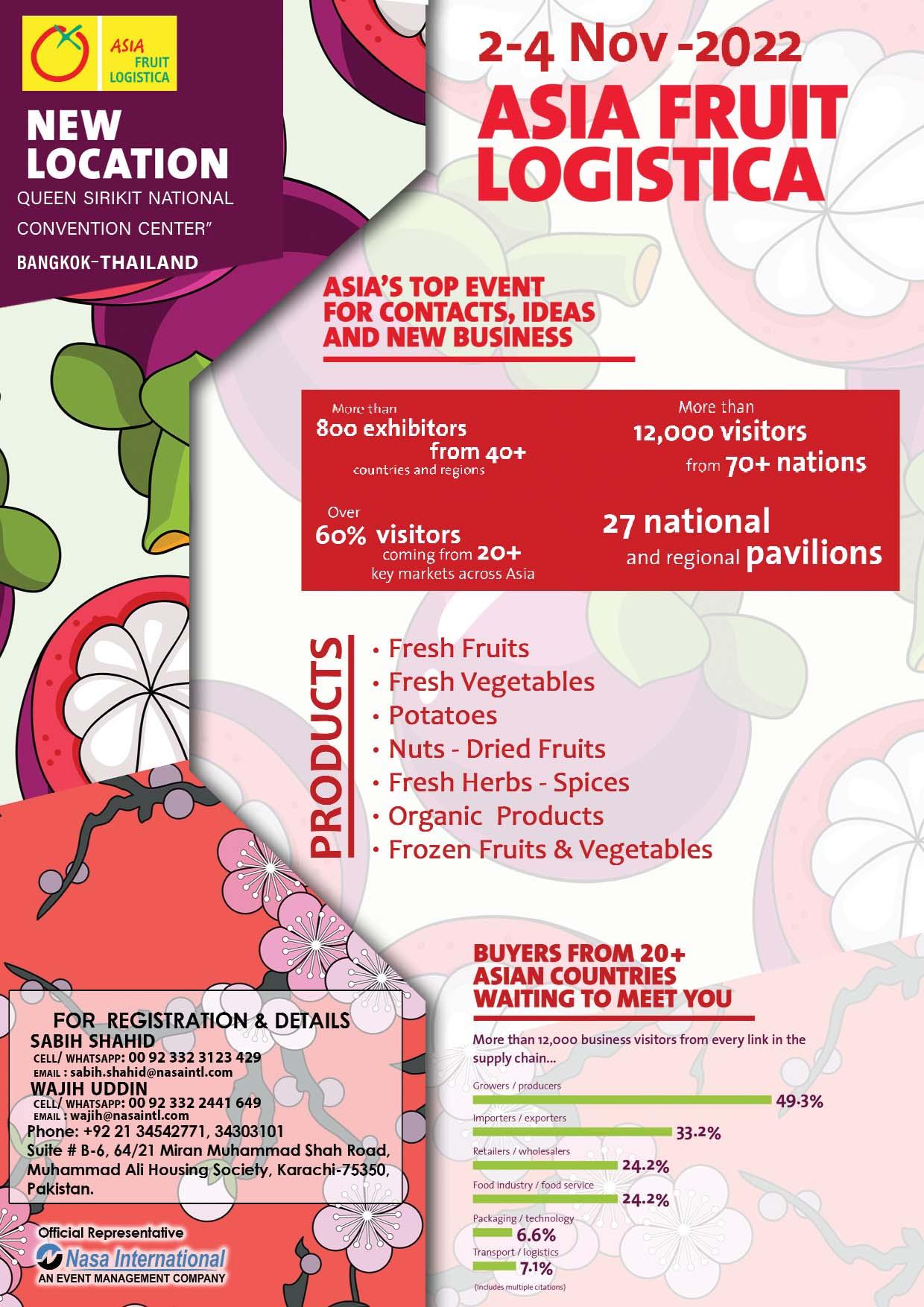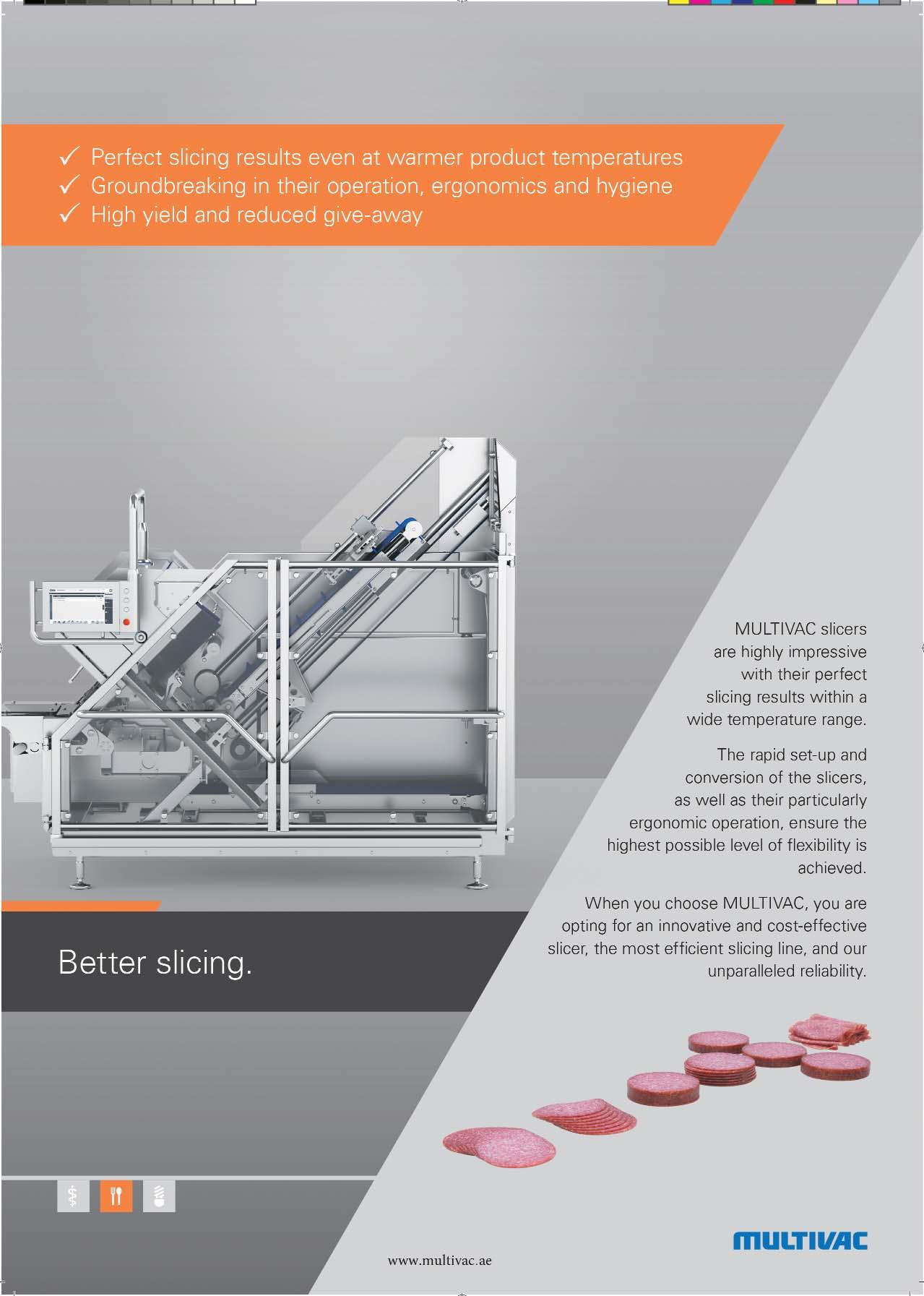September - October 2022





September - October 2022






Date: 2 to 4 November 2022.
Venue: Queen Sirikit National Convention Center, Bangkok, Thailand.
Date: 8 to 10, February 2023.
Venue: Berlin, Germany.
Dates: 7 to 9 November 2022.
Venue: Riyadh International Convention & Exhibition Center, Riyadh, Saudi Arabia

Date: 8 to 10, November 2022.
Venue: Dubai World Trade Centre.
Date: 9 to 13, November 2022.
Venue: International Agricultural and Gardening Machinery Exhibition, Bologna, Italy.


Dates: 17 to 19 November 2022.
Venue: Shanghai World Expo Exhibition & Convention Centre, China.
Date: 14 to 17, February 2023.
Venue: Exhibition Centre Nuremberg, Germany.
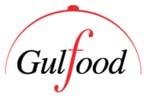
Dates: 20 to 24 February 2023.
Venue: Dubai World Trade Centre, Dubai



Date: 7 to 9 September 2023.
Venue: Lahore Expo Centre.
Date: 7 to 11, October 2023.
Venue: Berlin, Germany.
Date: 20 to 29, January 2023.
Venue: Berlin, Germany.


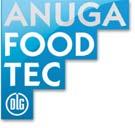
Dates: 19 to 22, March 2024
Venue: Cologne, Germany.
Dear readers,
In our September-October 2022 edition, the editorial board of Pakistan Food Journal is focusing on the current exhibitions related to the food industry that are held worldwide in the coming months. Among them, Dubai World Trade Centre (DWTC) has announced a leading global trade fair, Gulfood Manufacturing, that will take place from 8-10 November 2022. Showcasing new global products, solutions and technologies across the food and beverage value chain. Gulfood Manufacturing 2022 will be the definitive destination leading the future of food production from new ingredients and advanced technologies to integrated supply chain solutions and breakthrough developments driving the industry forward.

In the event Asia Fruit Logistica, where exhibitors from some 40 different countries and regions are set to showcase their products and services at Asia’s premier fresh produce trade show. Leading machinery and technology players will exhibit a range of solutions at Asia’s premier fresh produce trade show. From optical sorting solutions to innovative tools to track products throughout the supply chain, tech is taking the fresh produce business to the next level.
The EIMA agricultural machinery exhibition to be held in Bologna from 9 to 13 November is the most important event of the year at the international level for agricultural companies, business operators and agro-mechanics technicians. It is also an important appointment for the world of gardening, landscaping, urban decoration and sports facilities. Indeed, the EIMA Green exhibition, held as part of the agricultural machinery show, offers a wide range of tecnologies for green maintenance.
Amina Baqai Editor in ChiefSmart farming technology to tackle UK farming’s invasive Black-grass problem

Pakistan, China join hands to achieve food security because factors of production in the agriculture sector of Pakistan and China can be complementary to each other. Both countries need to strengthen cooperation in agriculture and food security to achieve a win-win solution.
President Dr. Arif Alvi has said that Pakistan needs to adopt latest technology to enhance agricultural production to counter the effects of climate change.
Prime Minister Shehbaz Sharif has directed to all relevant ministries to prepare agricultural reforms plan on an emergency basis. Shehbaz Sharif said a comprehensive awareness campaign should be conducted to make the farmers aware of the modern methods of agriculture.
Pakistan’s agricultural exports are suffering from trade regulations in areas such as testing, certification and licensing because most countries have stringent regulations
in place to protect human health and the environment.
As the floods continue to wreak havoc, Pakistan's Finance Minister Miftah Ismail said the government can consider importing food from India as the monsoon rains have destroyed the standing crops.
The World Food Program said it is increasing emergency aid to reach 1.9 million people in Pakistan devastated by the worst floods to hit the country in more than a century.
Pakistan’s flood crisis could become a food crisis as the country continues to suffer from catastrophic flooding. Around onethird of the country remains underwater, and most of the 33 million people affected by the disaster have yet to receive assistance. But the crisis could still get worse.
Pakistan’s food imports, including wheat, palm oil, and soybean oil,
went up by 64.45% in July and August, data issued by the Pakistan Bureau of Statistics reported.
According to PBS statistics, Pakistan has imported food items worth Rs392.83 billion in the first two months of the fiscal year 2022-23.
Agricultural land inundated by flooding is set to have long-term humanitarian and economic impacts in Pakistan. Billions of dollars’ worth of rice, sugar and wheat have already been lost.
A humanitarian crisis has unfolded from the weeks of unrelenting flooding in the hard-hit country, which is in dire need of food, clean water, medicine and clean sanitary facilities.
Federal government in view of massive damage to agriculture following the current devastating floods has allowed immediate import of major agricultural commodities mainly onion and tomato.
Australia is having to face up to the realities of climate change. Volatile weather patterns always have been a familiar challenge. They’re coping as changes to technology and management have helped to limit the damage.
Fertilizer prices up in Bangladesh and the farmers expect hard time ahead. Sources in the agricultural ministry said there is adequate stock of all types of fertilizer in the country. The government has raised the price of urea fertiliser for the first time in 11 years, burdening the farmers with an increased production cost.
An international food crisis exacerbated by the Ukraine war has spurred Canada to boost an over $6 billion annual foreign aid budget to help the most hard-hit countries in Africa and the Middle East, Canada's aid minister said recently.
The agricultural ministers of the
German states have officially approved a proposal by federal minister Cem Özdemir to allow the cultivation of productive crops on certain fallow land in light of the war in Ukraine.
Germany's grain harvest in 2022 increased by almost 2 percent yearon-year to around 43 million tons, despite the ongoing drought, according to provisional figures published by the German Farmers' Association (DBV).
India has restricted exports of some varieties of rice, as the world's largest supplier tries to ensure domestic provisions amid global pressure on the food market.
Putrajaya will offer governmentbacked insurance plans to help compensate Malaysian farmers for losses after natural disasters, as part of measures to strengthen food security.
The NFU survey demonstrated the detrimental impact workforce shortages are having on the food and farming sector, resulting in significant crop losses at a time when the country is experiencing the worst cost-of-living crisis in generations.
The US Agriculture Secretary announced details of the U.S. Department of Agriculture’s (USDA) $300 million investment, including with American Rescue Plan funds, in a new Organic Transition Initiative that will help build new and better markets and streams of income for farmers and producers.
At the G7 Summit in June, President Biden and G7 leaders announced over $4.5 billion to address global food security, over half of which will come from the United States..
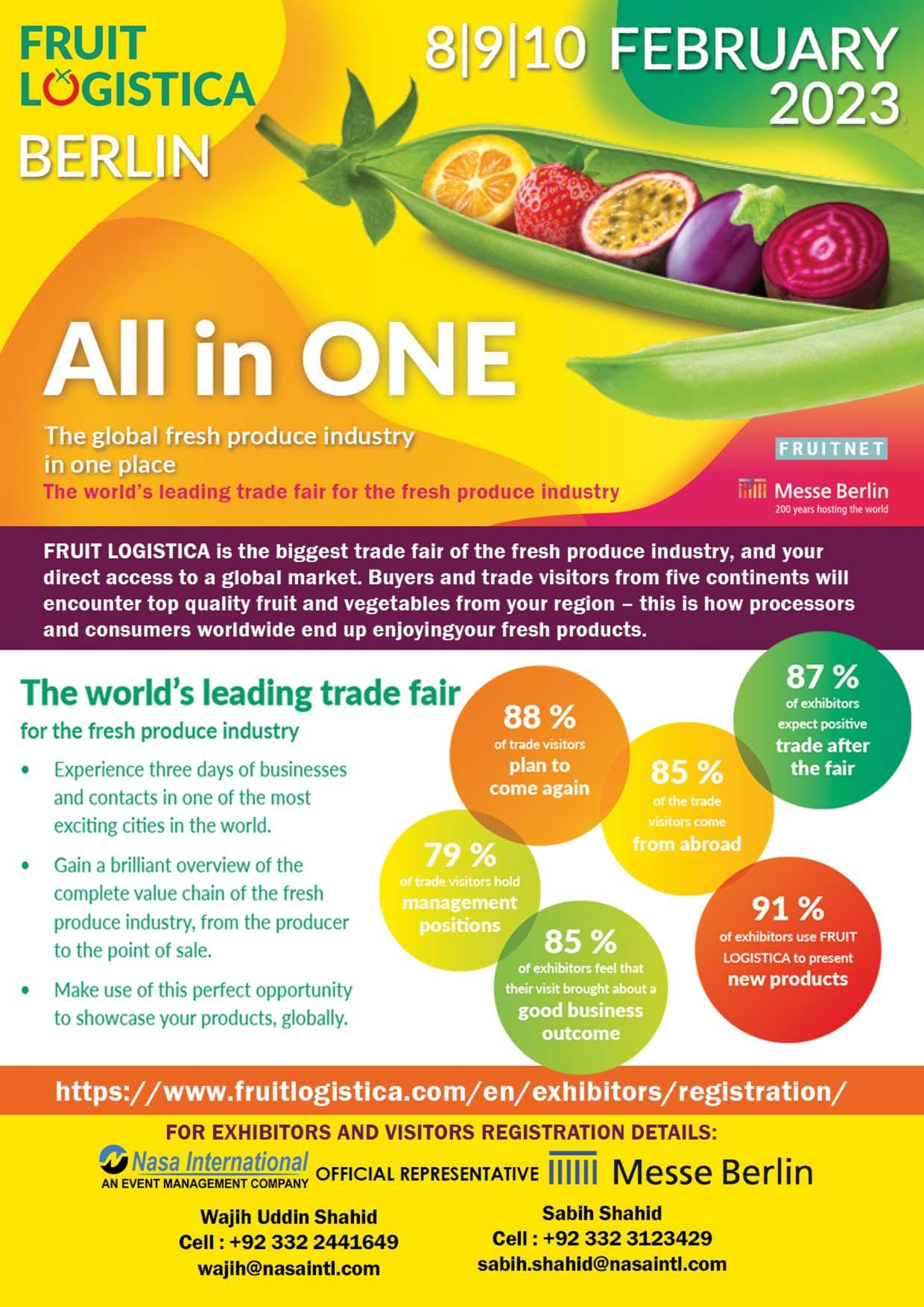
President Dr. Arif Alvi has said that Pakistan needs to adopt latest technology to enhance agricultural production to counter the effects of climate change.
He was addressing the Youth Forum of Kazakhstan, Turkiye and Pakistan on Bio Technology in Islamabad. He said we will have to work on food security keeping in view the climate change. He said Pakistan's production of food grains is half as compared to the production of other countries. He said it is inevitable to enhance agricultural production by using latest technology.
The President said the Muslim Ummah will have to change its mind-set by keeping in mind the changes taking place in the world. President Dr Arif Alvi stressed the need for ethical and moralitybased research and development in agriculture and egalitarian distribution of its benefits to provide food security to the entire world without discrimination between rich and poor countries.
He urged the Muslim world to take intellect-driven right decisions at right time for their people.
He argued that the Muslim world should be the first to adopt and generate new knowledge and bring innovation in every sector to cater needs of coming generations.

Factors of production in the agriculture sector of Pakistan and China can be complementary to each other. Both countries need to strengthen cooperation in agriculture and food security to achieve a win-win solution.
These remarks were made by Rabbia Nasir, Third Secretary of the Embassy of Pakistan in China, while attending the 2022 China Seed Congress and the Nanfan Agricultural Silicon Valley Forum recently. As good neighbours and allweather strategic cooperative partners, Pakistan and China have been working together to ensure food security with food being one of the major sources of trade between the two countries.
According to Chinese customs statistics, Pakistan exported $610 million of agricultural products to China in the first
half of 2022, up 30.85% year-on-year. Among them, rice exports amounted to $345 million.
Chinese investors are also investing more and more in Pakistan’s agriculture sector. Both countries are engaged in agricultural cooperation under the Belt and Road Initiative and the Global Development Initiative.
To further enhance agricultural cooperation and food security, “we should make the most of the complementary factors of production in agriculture of both countries,” Nasir affirmed. For instance, Pakistan could contribute a friendly policy of affordable factors of production, abundant agricultural products and investment in food processing, she cited and highlighted that China could share its experience with Pakistan in training, agricultural modernisation, cold chain technology, logistics, seed technology and agricultural demonstration areas.
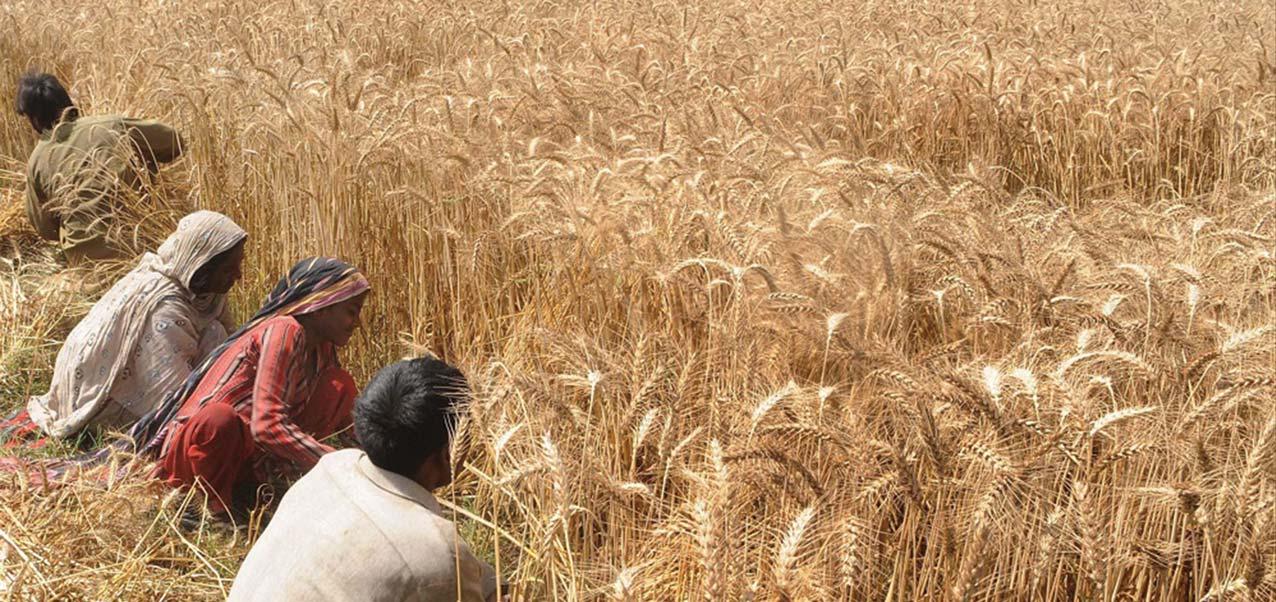
Prime Minister Shehbaz Sharif has directed to all relevant ministries to prepare agricultural reforms plan on an emergency basis. He said this while chairing a high-level meeting on agricultural sector reforms held in Islamabad.

The Prime Minister said agricultural reforms will be implemented on an emergency basis. He said that the government will work on the construction of silos for storing wheat and agricultural commodities.
Pakistan’s agricultural exports are suffering from trade regulations in areas such as testing, certification and licensing because most countries have stringent regulations in place to protect human health and the environment.
To address these issues and expand market reach the Pakistan Single Window (PSW) conducted capacitybuilding sessions in Faisalabad and Gujranwala in collaboration with the All Pakistan Bedsheets & Upholstery Association of Pakistan (APBUMA) and the Seed Importers and Producers Association of Pakistan (SIPAP) as part of its Change Management component. The sessions were attended by a large number of importers and exporters transitioning to the Single Window system for crossborder trade
Shehbaz Sharif said a comprehensive awareness campaign should be conducted to make the farmers aware of the modern methods of agriculture. Matters related to procurement of future wheat, cotton and self-oil production, modern machinery at low cost to farmers, subsidy on urea and DAP, expected production and import, quality seeds, better use of water and provision of timely loans to farmers were discussed during the meeting.

The Prime Minister was briefed by sub-committees of wheat, cotton, edible oil, fertilizers, agricultural research, water use in agriculture, climate change and agricultural machinery in the meeting. Federal Ministers Tariq Bashir Cheema, Ahsan Iqbal, Marriyum Aurangzeb, Miftah Ismail, Special Assistants Ahad Cheema, Muhammad Jahanzeb Khan and high ranking officials attended the meeting.
Boosting trader participation in the capital market will improve the volume of transactions in Pakistan. One of the key challenges facing Pakistan at the moment is the volume of business. Trade regulations in areas such as testing, certification and licensing are challenging for 60 percent of Pakistan’s agricultural exporters. This is large because most countries have stringent regulations in place to protect human health and the environment.
As the floods continue to wreak havoc, Pakistan's Finance Minister Miftah Ismail said the government can consider importing food from India as the monsoon rains have destroyed the standing crops. The minister said Pakistan can consider importing vegetables and other
edible items. In August 2019, Pakistan snapped trade ties with New Delhi over the Kashmir issue.
Pakistan has been witnessing a massive surge in the prices of various vegetables and fruits due to devastating floods as the supply of vegetables from Balochistan, Sindh and south Punjab has badly been affected because of the disaster.
Responding to a question during a press conference in Islamabad, the minister said the government could "consider importing vegetables and other edible items from India". When he was told that ministers advocating trade with India had to go home in the past, the finance minister said he wasn't afraid of it.
The World Food Program said it is increasing emergency aid to reach 1.9 million people in Pakistan devastated by the worst floods to hit the country in more than a century.
WFP spokesman Thomson Phiri said emergency food aid already has been distributed to more than 400,000 people in the hardest hit Balochistan, Khyber Pakhtunkhwa, and Sindh provinces. He said the WFP is continuing to expand its operations across the country.
“We have reached 400,000 people, but of course, the floods have affected a record 33 million people and it is the deadliest in more than a decade,” he said.

The United Nations said torrential rains have inundated a third of the country, killing some 1,400 people, including hundreds of children. It said more than half a million homes have been destroyed, hundreds of bridges and roads demolished or washed away, cutting off vulnerable communities from humanitarian assistance.
Phiri said more than 630,000 people are in overcrowded relief camps where they are exposed to outbreaks of waterborne diseases. “In addition to food distribution, the World Food Program is providing specialized, nutritious food for 31,000 young children and 28,000 pregnant and nursing women to prevent malnutrition and boost their immunity,” he said.
Phiri said the WFP is looking beyond the emergency phase of its operation. He said Pakistan needs longer-term support to restore people’s livelihoods.
“Once the initial relief response is concluded, the World Food Program will immediately implement recovery programs to improve community infrastructure, create livelihood opportunities and boost resilience, combined with cashbased transfers, through early 2023,” he said.
Phiri said the WFP will be working closely with the government to help communities strengthen their ability to withstand climatic shocks. He said some of the projects include plans to create irrigation channels and dams in drought- and flood-prone areas. He noted both men and women will be given vocational training and income-generating activities to boost their livelihood prospects.
Pakistan continues to suffer from catastrophic flooding. Around one-third of the country remains underwater, and most of the 33 million people affected by the disaster have yet to receive assistance. But the crisis could still get worse. Recently the retaining wall of Pakistan’s largest lake gave way under rising water levels, imperiling communities downstream. More monsoon rains are expected in the coming weeks.
International aid is pouring into Pakistan, and a newly established humanitarian air corridor has facilitated the arrival of emergency relief. More than a dozen countries have pledged assistance. United Nations Secretary-General António Guterres—who has described the floods as a “monsoon on steroids”—will visit Pakistan on Friday to survey the damage. The immediate focus is on providing food, clean water, and shelter.
Pakistani officials and international donors are also working to address public health challenges.
However, another disaster with direct global implications looms: a major food crisis. With crops, livestock, and agricultural land damaged or destroyed, Pakistan will struggle to feed itself and the countries that depend on its food exports. This risks exacerbating the global food market crunch triggered by coronavirus pandemic supply chain shocks and Russia’s invasion of Ukraine.
According to preliminary estimates, 65 percent of Pakistan’s main food crops—including 70 percent of its rice— have been swept away during the floods, and 3 million livestock have died.
Pakistan’s planning minister says 45 percent of agricultural land is now destroyed. Such territory is precious in the best of times: Of Pakistan’s total land area, less than 40 percent is arable, and land erosion inflicts heavy damage on agricultural land.
Wheat is Pakistan’s top food crop, and the annual planting season begins soon. More than 90 percent of Pakistani households are wheat consumers. But with so much land destroyed or damaged, the wheat harvest could be jeopardized; some farmers fear their land won’t be usable within the next three months. Pakistan will likely have to import more food, which could raise costs
and worsen the country’s balance of payments crisis. Before the floods, food inflation was at 26 percent, and in recent days some costs have surged by as much as 500 percent.
These high costs will be felt heavily in cities, which are home to large poor and working-class populations. If history is any guide, it could lead to urban unrest. It will manifest differently in rural areas, which are home to around two-thirds of Pakistan’s population. Rural land ownership is wildly unequal, and most residents own little or no land, which compounds food insecurity. In the longer term, this could exacerbate a public health challenge: stunting in children attributed to poor nutrition.
A food crisis in Pakistan would have international implications. The country is the fourth-largest global rice exporter, with buyers from China to sub-Saharan Africa. Any dramatic drop in exports will only add to global food insecurity fueled by reduced wheat exports from Ukraine, although high global rice stocks could soften the blow. Pakistan also exports many non-food crops, especially cotton.
Pakistan’s food imports, including wheat, palm oil, and soybean oil, went up by 64.45% in July and August, data issued by the Pakistan Bureau of Statistics reported. According to PBS statistics, Pakistan has imported food items worth

Rs392.83 billion in the first two months of the fiscal year 2022-23. Last year, the country’s food import bill for the same months was Rs238.88, PBS stated.
The biggest spike was noticed in the wheat import which went up by a staggering 2435% in the first two months of the fiscal year. Pakistan has imported wheat worth Rs68.49 billion this year, while the wheat import bill for July and August 2021 was only Rs2.70 billion.
Moreover, the country also imported tea worth Rs30.23 billion in July-August 2022 which is 20.92 higher than JulyAugust 2021. Pakistan also imported pulses worth Rs35.95 in July-August 2022 which is 43.70 higher than last year.
Additionally, Pakistan imported palm oil worth Rs157.79 billion (68.67% higher than last year), and soybean oil worth Rs9.48 billion (255.36% higher than last year), the PBS data stated.
Agricultural land inundated by flooding is set to have long-term humanitarian and economic impacts in Pakistan. Billions of dollars’ worth of rice, sugar and wheat have already been lost.

Flooding in dozens of districts in Pakistan’s Balochistan, Sindh and Punjab provinces have destroyed wide swaths of agricultural land. The country could soon face food shortages if thousands of acres of cropland are not restored.
“We are concerned that if the farmlands aren’t drained right now, we won’t be able to plant crops for winter season, the most important of which is the wheat crop,” Nazia Bibi, a farmer in Pishin district of Balochistan, told media.
There is a fear that Pakistanis will be unable to find essential food staples in markets. To cope with the challenge, the government is importing tomatoes and onions from neighboring Afghanistan and Iran.
Pakistan’s National Disaster Management Agency (NDMA) is leading relief efforts in coordination with the UN and other international organizations. The United Nation’s World Food Programme (WFP) has so far provided over 464,000 people in Balochistan, Khyber Pakhtunkhwa (KP) and Sindh with relief food assistance. The WFP added that it aims to provide 1.9 million people facing food insecurity in flood-affected districts with food assistance, according to a September situation report.
“The intensity of the situation in villages is such that people are snatching ration packs from each other during distribution drives. It’s really heartbreaking to see that,” Abid Mir, a social activist and professor at a university in Sindh, told DW.
Muhammad Younas, an official at the Provincial Disaster Management Authority in Balochistan, told to media that foreign aid was being distributed to people through the NDMA. “The NDMA delivers aid to provincial disaster management authorities, who then pass it to the
district management and other administrative units.”
“International NGOs have their own local partners who they give their aid to. They have their own mechanism and ways of assessing the damages and victims’ needs. They, however, must get permission from the government to work in a particular area,” Younas added. Although the Pakistani government plans to provide cash payments to over 4.5 million flood-affected households through the Benazir Income Support Programme (BISP), Islamabad has been criticized for not doing enough to prepare for the monsoon season.
A humanitarian crisis has unfolded from the weeks of unrelenting flooding in the hard-hit country, which is in dire need of food, clean water, medicine and clean sanitary facilities.
A dire situation has emerged out of Pakistan after weeks of deadly flooding displaced more than 100,000 from their homes and devastated countless acres of crops, leaving those stranded in desperate need of food, water and medical care.

Flooding in Pakistan over the past
month has been brought on by record monsoon rains and melting glaciers in the country's northern mountains. According to Pakistan's National Disaster Management Agency, the floods have killed at least 1,314 people, including 458 children, and have impacted 33 million overall as of Sept. 5.
In July and August, Pakistan recorded 15.4 inches of rain - nearly 190% more than the 30-year average, The Guardian reported. And Pakistan's largest city, Karachi, more than tripled its monthly rainfall in 24 hours during monsoon downpours in late July, according to reports.
Structural damage throughout the country has been immense, with nearly two million homes and businesses destroyed, along with 7,000 kilometers of roads and numerous bridges washed away.
Federal government in view of massive damage to agriculture following the current devastating floods has allowed immediate import of major agricultural commodities mainly onion and tomato.
According to sources, during an urgent meeting held at the ministry of
commerce to review the availability of agro commodities, prices and import options, it was decided to import two largely consumed agricultural products to meet the anticipated shortages in Pakistan.
Soon after disruption in supply after the floods in Pakistan, the prices of vegetables and fruits have skyrocketed and further hikes in prices are being expected.

The meeting, chaired by federal secretary of commerce Saleh Farooqi, was attended by senior officials of the Ministry of National Food Security and Research, FBR and other stakeholders. Diplomatic representatives of Iran, Turkey and Afghanistan also participated in the meeting.
During the meeting the representatives of Pakistan Fruit and Vegetable Importers Exporters Merchants Association (PFVA) have proposed immediate abolition of duties and taxes on the import of onions and tomatoes for at least a period of three months. The importers see exemption of duties and taxes necessary to stabilize the local market.
While keeping in view the cost of import from other countries, the association, according to Waheed Ahmed of PFVA, had proposed the government to import the vegetable items from India. However, the government was reluctant to allow import from the neighboring country under the existing unfavorable bilateral relations.
According to importers, keeping the cost in view, import of the vegetables is only viable from India. An insider informed this scribe that the officials of the commerce ministry would take up the
case of import from India with higher authorities soon. The government may lift the ban on import from India to avoid the prevailing commodity crisis.
During the meeting it was informed that more than 80% of the onion crop in Sindh has been destroyed due to floods. On the other hand, tomato crops have also been severely damaged. Earlier the onion crop in Baluchistan was also badly destroyed by torrential rains and floods. However, according to traders, other vegetable items including potato are luckily available in good stock.

As per the initial negotiation between the two sides, Litong Food in collaboration with the Guard Group of Pakistan will sow high-yielding hybrid chilli crop over 5,000 acres of land during the coming season while another 3,000 acres will be sown on its own in Pakistan.
As per the plan, this area under the chilli crop will be increased to 200,000 acres of land in the future. Setting up of a processing plant after achieving 50,000 metric tons of hybrid chilli production and a breeding station to ensure the transfer of technology to chilli production is also part of the proposed collaboration.
Guard Agricultural Research & Services (Pvt) Ltd’s CEO Shahzad Ali Malik said the Chinese government had short-listed its two companies under its CPEC projects in agriculture and livestock. Litong has been selected for Agriculture while Royal Company has been selected for livestock projects.
He said his company was already experimenting with the sowing of highyielding hybrid chilli seed in Pakistan for the last six years and got very encouraging results. He claimed that the Chinese company keeping in view the track record of successful promotion of hybrid rice, chilli and tomatoes contacted them to work in collaboration with them.
It has also been planned to set up a 500 acres model farm in Southern Punjab which would start working by the end of October after the signing of a Memorandum of Understanding (MoU) between both companies.
Perhaps more than anywhere on earth, Australia is having to face up to the realities of climate change. Volatile weather patterns always have been a familiar challenge, but now the country’s grain and oilseeds producers are dealing with, on average, more difficult growing conditions and reduced incomes. They’re coping as changes to technology and management have helped to limit the damage. Even so, every part of the agrifood supply chain is expected to be affected.
In a report, “Climate Change Impacts and Adaptation on Australian Farms,” published this year, Neal Hughes and Peter Gooday of the Australian Bureau of Agricultural and Resource Economics and Sciences (ABARES) explained that “in recent decades, Australia has seen a shift towards higher temperatures and lower winter rainfall, which has had significant effects on many farmers.”
They also noted that “there remains much uncertainty over the long-run effects of climate change on farm businesses. Australia’s climate has warmed on average by 1.4°C since 1910, with most of this occurring since 1950,” the authors said. “There has also been a decline in winter season (April to October) rainfall in southwestern Australia (20% since 1970) and southeastern Australia.”

Citing ABARES’ latest modeling, Hughes and Gooday said “changes in seasonal conditions over the period 2001 to 2020 (relative to 1950 to 2000) have reduced annual average farm profits by 23%, or around A$29,200 (US$20,100) per farm.”
“These impacts have been most pronounced in southwestern and southeastern Australia, with northern Australia and the coastal higher rainfall zones tending to be less affected,” Hughes and Gooday said. “Conditions during the post-2000 period have also contributed to increased risk in terms of more variable cash income and profits.”
From 2000 to 2020, the risk of very low farm returns (due to climate variability) essentially doubled (relative to the period 1950 to 2000), increasing from a one in 10 frequencies to more than one in five, the report said.
Looking forward to 2050, using a series of models, Hughes and Gooday forecast that cropping farms in western Australia are more heavily impacted than other regions under most climate scenarios, due largely to the more substantial projected declines in winter rainfall and the resulting effects on crop yield.

Sources in the agricultural ministry in Bangladesh said there is adequate stock of all types of fertilizer in the country. The government has raised the price of urea fertiliser for the first time in 11 years, burdening the farmers with an increased production cost. The new hike of Tk 6 per kilogramme took effect yesterday, and farmers now have to pay Tk 22 for per kg fertiliser. The last time the government increased the price of the fertiliser was in June 2011, when it was raised to Tk 20 from Tk 12 per kg. Two years later, the government reduced the price to Tk 16 per kg.
Experts said the recent hike will increase the production cost of paddy by up to Tk 600 to Tk 700 per acre, which will ultimately push up food prices amid already spiralling prices of essentials.
They said that though the price increase is not much, it will have a negative impact on farmers as it will reduce their profits and discourage them from
cultivating more rice. The government provides subsidy for fertilisers as part of its efforts to achieve food security.
M Asad uzzaman, former research director at Bangladesh Institute of Development Studies (BIDS), said the government might have taken the decision as per the prescription of the International Monetary Fund that always discourages subsidies.
“The decision has come when farmers are already apprehensive about reduced production due to less rainfall. Now the price increase of urea fertiliser will raise the production cost and ultimately increase the burden on the people,” he said.
Agro economist Jahangir Alam said the price of fertiliser has been showing a declining trend in the global market. “The
government should have waited for a few more months before increasing the price,” he said.
In February, the agriculture minister said the import cost of urea was Tk 96 per kg in fiscal 2021-22. According to an agriculture ministry release yesterday, that cost is now Tk 81. Jahangir further said, “The farmers may reduce the use of fertiliser to cut costs, which may bring down the total production of rice.” Farmers may also feel discouraged from cultivating rice due to higher production costs, in which case, Jahangir said, “The government would then have to import rice at higher prices.”
Following the rise in the price, dealers will have to pay Tk 20 instead of Tk 14 to buy each kg of urea, the agriculture ministry press statement said.

The price of the fertiliser is currently Tk 81 per kg in the global market. As a result, the government will have to pay a subsidy of Tk 59 per kg even after the price hike of Tk 6, the release added. Sources in the agricultural ministry said there is adequate stock of all types of fertiliser in the country. The demand for fertiliser in the Aman season (July-September) is usually around 6,19,000 tonnes and currently there are 7,27,000 tonnes in stock.
According to the agriculture ministry press release, fertiliser prices in the global market have seen three to fourfold increase, and accordingly the government had to raise subsidy almost fourfold.
An international food crisis exacerbated by the Ukraine war has spurred Canada to boost an over $6 billion annual foreign aid budget to help the most hardhit countries in Africa and the Middle East, Canada's aid minister said recently.
"The Ukraine crisis is creating shock waves when it comes to supply chain and especially food security and impacting the most vulnerable at the most difficult time," said Harjit Sajjan, Canadian Minister of International Development.
"We are making adjustments to reflect this ... People are going hungry

because the prices of food have gone up," Sajjan told Reuters in an interview in Jordan, the first leg of a regional tour that also takes him to Egypt and Lebanon.
He did not give the new aid figure but Ottowa-based Canadian International Development Platform said there was a 27% rise in foreign aid last year to around $6.6 billion.
The United Nations has said a global food crisis fuelled by conflict, climate shocks and the COVID-19 pandemic is growing because of the ripple effects of the war in Ukraine driving rising prices of food, fuel and fertilizer.
Over 50 million people in Eastern Africa will face acute food insecurity this year, according to a new study backed by the U.N. World Food Programme (WFP) and Food and Agriculture Organization (FAO).
Sajjan said Canada is boosting aid to the WFP, whose annual requirements have reached an all-time high of $22.2 billion, without taking away from other development programmes.
"We have increased our support for the Middle East region when it comes to food," he said citing as one example Lebanon, which has a significant reliance on Ukraine wheat and is facing bread shortages.
Canada was also looking at how to help improve resilience in African countries, noting in particular the continent's shortage of food storage.
The agricultural ministers of the German states have officially approved a proposal by federal minister Cem Özdemir to allow the cultivation of productive crops on certain fallow land in light of the war in Ukraine.

According to the decision taken on Tuesday (16 August), farmers may continue to grow cereals, sunflowers or certain legumes for one year on land that they would otherwise have been obliged to take out of production under the reformed EU Common Agricultural Policy (CAP), which will start being applied by EU member states from January 2023.
Contrary to Özdemir’s original position, Germany is thus partially implementing the derogation proposed by the EU Commission at the end of July, which allows member states to relax certain environmental requirements within the CAP in light of the impact of the Ukraine war on global grain markets.
This includes the so-called good agricultural and environmental conditions (GAEC) 8 standard, which as of 2023 requires farmers to leave a certain proportion of farmland – 4% in Germany –fallow in order to improve biodiversity.
Özdemir had initially been critical of the Commission’s proposed relaxation, which aims to increase domestic grain production in light of reduced supplies from Ukraine while accusing the EU executive of avoiding responsibility over the global food crisis.

However, many regional ministers, including the current chairman of the Conference of Agriculture Ministers, Saxony-Anhalt’s agriculture minister Sven Schulze of the Christian-democrats party (CDU), had called to fully implement the relaxation allowed by the EU executive.
At their most recent meeting at the end of July, the federal and state governments, therefore, failed to reach an agreement on the matter.
Germany's grain harvest in 2022 increased by almost 2 percent year-onyear to around 43 million tons, despite the ongoing drought, according to provisional figures published by the German Farmers' Association (DBV).

Due to the effects of climate change, crop volumes in 2022 remained "significantly below the average" of 45.6 million tons for the years 2014 to 2021, DBV said in its crop report.
Autumn crops such as corn, potatoes and sugar beet have "suffered massively" in regions affected by the drought, said DBV president Joachim Rukwied. Considerable yield losses are expected for this type of crop, he added.
Meanwhile, a spokesperson for the German Ministry of Food and Agriculture (BMEL) told Xinhua that the consequences of the climate crisis are showing up in the fields, vegetable plots, orchards
and vineyards. In order to secure supply, it is important to support farmers in "successively adapting to the changed climate conditions," the spokesperson said.
Fields in Germany have been hit by a combination of above-average temperatures and hours of sunshine, as well as little rainfall since May, the country's National Meteorological Service (DWD) said earlier this month. This has caused soils to "dry out severely."
"The prolonged drought in many regions of the country shows once again that farmers are feeling the effects of climate change very directly," Rukwied stressed. "Looking at yields in recent years, it is clear that there cannot be any room for further area-wide restrictions on food production."
The European Union (EU) plans to reduce the use of chemical pesticides by 50 percent by 2030. Furthermore, the
rules for handling such pesticides are to be tightened to ensure more sustainable food systems by 2030.
Food prices in Europe's biggest economy are outgrowing inflation, rising to 14.8 percent year-on-year in July, according to official figures. Meanwhile, flour and cereal products were 34 percent more expensive, with the Russia-Ukraine conflict affecting international supply.
India has restricted exports of some varieties of rice, as the world's largest supplier tries to ensure domestic provisions amid global pressure on the food market.
The government said it has prohibited exports of broken rice -- fragmented grains that are generally cheaper and more accessible to the poor. It has also imposed a 20% tax on export sales of some varieties, including husked brown rice and semi-milled or wholly milled white rice.

The move comes amid concerns over lower rice production during the ongoing crop season as uneven monsoon rains have left some areas parched. Outside India, the decision is likely to fuel worries over food inflation, already being exacerbated by Russia's invasion of Ukraine, a key wheat supplier.
Addressing reporters on Friday, Sudhanshu Pandey, India's food secretary,
said prices of rice have been trending higher in recent months. He said broken rice, which is also used in animal feed, had hit 22 rupees per kilogram -- up from 16 rupees in January. Total rice sowing this season is down by 3.8 million hectares compared with last year, he said.
While explaining the reasoning for the curbs, Pandey was also quick to downplay supply risks, saying the worst-case scenario was a "not very significant" production loss of 10 million to 12 million tonnes. "Sowing has just ended and if yield is good in some areas, this could get compensated also," he added.
According to Indian government data, the country is estimated to have produced a record 130.29 million tonnes of rice in the last crop year, from July 2021 to June 2022, beating the five-year average of 116.44 million tonnes. However, a U.S. Department of Agriculture report released last month warns that Indian rice production may decline 0.9% this year.
"This is the first decline in India's rice production since 2015/16," the USDA said. Overall, India is the world's secondlargest rice producer, after China, accounting for 40% of the global rice trade. It exports the grain to over 150 countries, helping to feed Asia and Africa, from Nepal and Vietnam to Benin and Djibouti.
In the financial year that ended in March, India's total agricultural exports grew 19.92% to touch $50.21 billion. "[The] highest ever exports have been achieved for staples like rice ($9.65 billion), wheat ($2.19 billion), sugar ($4.6 billion) and other cereals ($1.08 billion)," the government said in a statement on last year's exports.
Internationally, the FAO Food Price Index, a key barometer, has been easing in recent months but remained 7.9% higher on the year in August, according to the United Nations agency.
The NFU survey demonstrated the detrimental impact workforce shortages are having on the food and farming sector, resulting in significant crop losses at a time when the country is experiencing the worst cost-of-living crisis in generations.
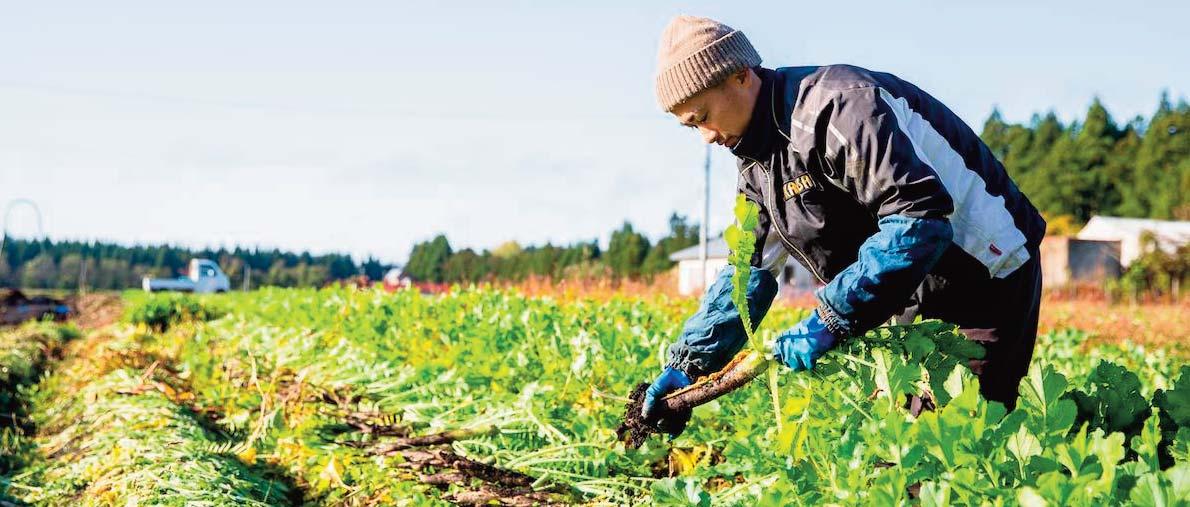
As the survey represents around a third of the UK horticulture sector, the NFU estimates the overall value of food wasted accumulates to more than £60 million.
This devastating amount of wasted food comes at a time when millions of people across the UK are struggling to put food on the table.
As Tom Bradshaw, deputy president of the NFU, explained, “It’s nothing short of a travesty that quality, nutritious food is being wasted at a time when families across the country are already struggling to make ends meet because of soaring living costs.
“At the same time, the prolonged dry weather and record temperatures have created a really challenging growing environment for our fruit and veg. Every crop is valuable – to the farm business and to the people whose plates they fill. We simply can’t afford to leave food unpicked.”
Carina Millstone, executive director at Feedback added, “At a time when many farmers are going out of business and many families are struggling due to the devastating cost-of-living crisis, this is an absolutely unacceptable scandal.”
According to Vicki Hird, head of the sustainable farming campaign at Sustain, the impact of this colossal food waste is also detrimental to climate change efforts. She explained, “The waste that means is totally unacceptable in times of shortage and as climate change starts to bite here and for our overseas suppliers too.
“We need systemic changes ensuring more of the food pound reaches the farmers, workers and the land, more targeted support to create a more diverse farming industry to increase the size and diversity of domestic supplies in ways that protect nature and build resilience against climatic shocks.”
Agriculture Secretary Tom Vilsack announced details of the U.S. Department of Agriculture’s (USDA) $300 million investment, including with American Rescue Plan funds, in a new Organic Transition Initiative that will help build new and better markets and streams of income for farmers and producers. Organic production allows producers to hold a unique position in the marketplace and thus take home a greater share of the food dollar.
According to the USDA National Agricultural Statistics Service, the number of non-certified organic farms actively transitioning to organic production dropped by nearly 71 percent since 2008. Through the comprehensive support provided by this initiative USDA hopes to reverse this trend, opening opportunities for new and beginning farmers and expanding direct consumer access to organic foods through increased production.

The initiative will deliver wrap-around technical assistance, including farmer-tofarmer mentoring; provide direct support through conservation financial assistance and additional crop insurance assistance, and support market development projects in targeted markets.
“Farmers face challenging technical, cultural, and market shifts while transitioning to organic production, and even during the first years after successful organic certification,” said Vilsack. “Through this multi-phased, multiagency initiative, we are expanding USDA’s support of organic farmers to help them with every step of their transition as they work to become certified and secure markets for their products.”
USDA’s Agricultural Marketing Service (AMS), Risk Management Agency (RMA) and Natural Resources Conservation Service (NRCS) are the primary agencies supporting the Initiative, which will focus on three areas.
Secretary Blinken travels to South Africa, the Democratic Republic of the Congo, and Rwanda, where the United States has been deploying resources and working in partnership with African governments, institutions, businesses, scientists, and other leaders to prevent hunger and combat the global food security crisis while also addressing the increasing rates of malnutrition, which has hit the continent of Africa the hardest.
At the G7 Summit in June, President Biden and G7 leaders announced over $4.5 billion to address global food secu-
rity, over half of which will come from the United States. This $2.76 billion in U.S. government funding will help protect the world’s most vulnerable populations and mitigate the impacts of growing food insecurity and malnutrition, including from Russia’s war in Ukraine, by building production capacity and more resilient agriculture and food systems around the world, and responding to immediate emergency food needs. We have recognized the need for immediate action to prevent far-reaching consequences, and we are responding with support targeting Africa’s own plans for food security and food systems transformation.
Of this $2.76 billion, $760 million will be for sustainable near-term food assistance to help mitigate further increases in poverty, hunger, and malnutrition in vulnerable countries impacted by high prices of food, fertilizer, and fuel. Of this amount, we are working with Congress to allocate $336.5 million to bilateral programs for Sub-Saharan African countries, including Burkina Faso, the Democratic Republic of the Congo, Ethiopia, Ghana, Guinea, Kenya, Liberia, Madagascar, Malawi, Mali, Mozambique, Niger, Nigeria, Rwanda, Senegal, Sierra Leone, Somalia, South Sudan, Tanzania, Uganda, Zambia, and Zimbabwe and regional programs in southern Africa, west Africa, and the Sahel.
Also of this $2.76 billion, USAID is programming $2 billion in emergency food security assistance over the next three months. As of August 8, 2022, the U.S. has provided nearly $1 billion specifi-
cally for countries in Africa toward this $2 billion commitment, including Central African Republic, the Democratic Republic of the Congo, Ethiopia, Kenya, Mali, Mozambique, Nigeria, Somalia, South Sudan, and Uganda.
In addition to the President’s G7 commitment, the U.S. has announced the drawdown of the balance in the Bill Emerson Humanitarian Trust, an effort in coordination with the U.S. Department of Agriculture which will provide an additional $670 million in food assistance to respond to historic levels of acute food insecurity around the world. Funds announced in July and August 2022 will be used to procure U.S. food commodities to bolster existing emergency food operations in countries facing severe food insecurity. Resources will be delivered to: Ethiopia, Kenya, Somalia, South Sudan, and Sudan.
President Biden also announced that the United States is expanding sustainable African food production through the U.S. government’s signature global food security initiative, to eight additional African countries, including Democratic Republic of the Congo, Liberia, Madagascar, Malawi, Mozambique, Rwanda, Tanzania, and Zambia. This expansion brings the number of priority countries globally to 20 and delivers on President Biden’s commitment in September 2021 to work with Congress to provide $5 billion through Feed the Future to end global hunger, malnutrition and build sustainable, resilient, inclusive food systems abroad.
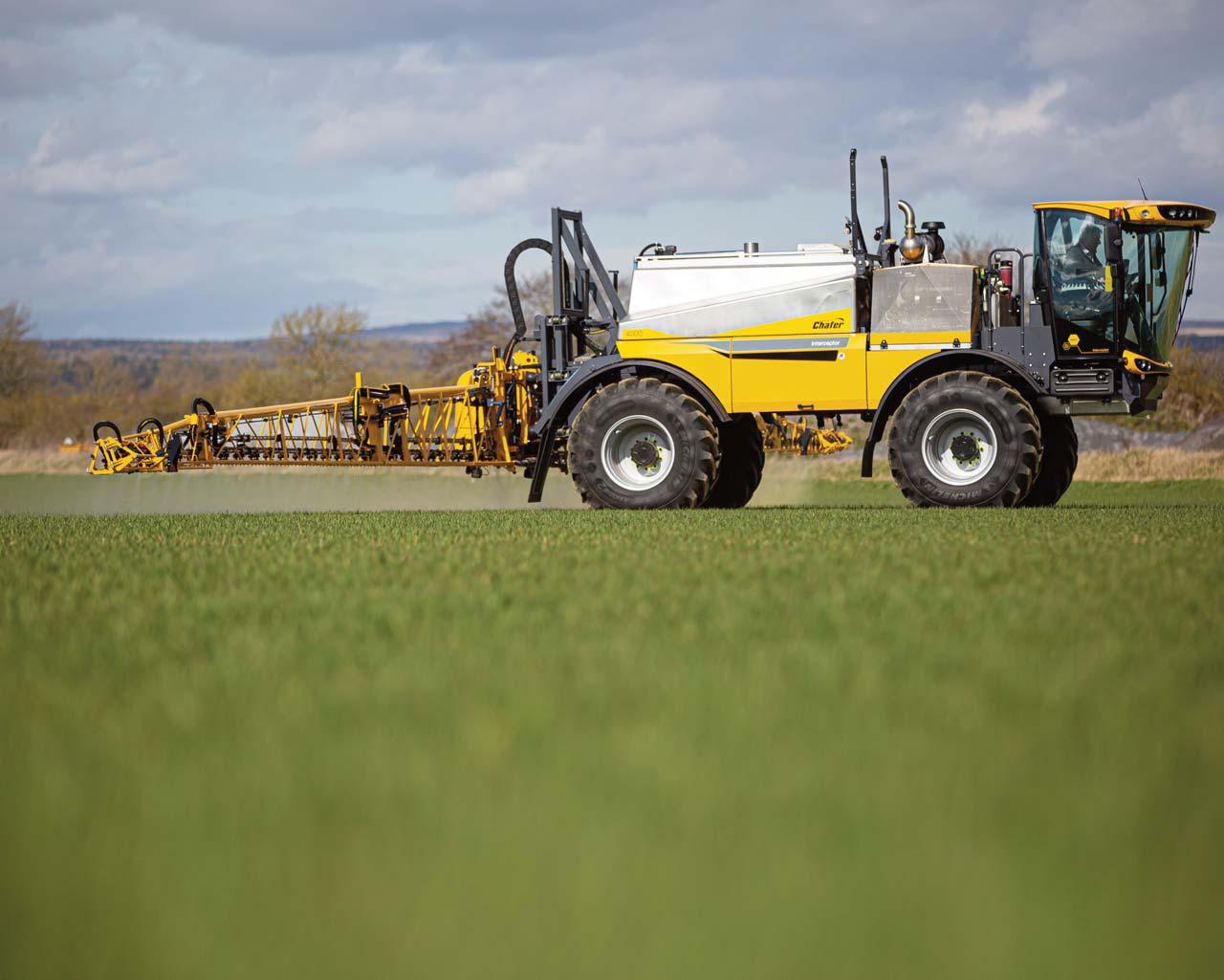
Black-grass weed significantly reduces wheat crop yields, costing farmers’ money and impacting the UK’s agricultural economy
Tech and digital farming companies will work with strategic partners to develop a solution
Technology will include sprayers, cameras, data analysis with AI, and a digital platform to map and monitor Black-grass growth across a threeyear period
A team of experts from Bosch, BASF Digital Farming, Chafer Machinery and Rothamsted Research will use precision farming technology and artificial intelligence to help reduce the persistent problem of Black-grass in UK farms. Black-grass (alopecurus myosuroides) is a weed that inhibits the growth of wheat crop, reducing its yield and therefore damaging the productivity of farms.
It is one of the biggest challenges facing farmers in the UK today and it is
threatening the sustainability of UK cereal production. It is estimated that the weed is responsible for annual wheat loses of up to 800,000 tons, with associated economic losses of approximately £400 million*.
Bosch is the lead partner in the research and development (R&D) project consortium, which comprises recognised experts from BASF Digital Farming, Chafer Machinery, and Rothamsted Research. Together they have been awarded a grant of £1,452,614 from DEFRA and Innovate UK, the UK’s innovation agency, under the Farming Innovation Programme – Small R&D Partnership Projects.
Each partner brings unique expertise: Bosch is one of the leading companies for sensor and software technologies and will steer the project in collaboration with digital agriculture specialists BASF Digital Farming and sprayer manufacturer Chafer
Machinery. Together they will be supported and guided by the input of renowned academic experts in Blackgrass from Rothamsted Research.
Using the Bosch Smart Spraying camera technology and software, Chafer will design innovative boom sprayers to detect, identify and map Black-grass at different growth stages within cereal crops across a farm. The smart sprayer technology will be tested on commercial farms selected from the Rothamsted Black-Grass Research Initiative (BGRI).
Agronomists from Rothamsted will label the images and will support Bosch in training algorithms to recognise Blackgrass in cereal crops. This information is then processed and analysed by BASF Digital Farming and delivered to its advanced xarvio Digital Farming Solutions crop optimisation platform. In the plat-
form, the information will be used to map infield populations to support the development of integrated weed management plans for targeted Black-grass control.
Overall, the persistent problem of Black-grass should reduce in severity and the ambition is, with enhanced mapping, to improve sustainable Blackgrass management programmes.
Additionally, beside a superior performance in Black-grass control, the project could result in reduced herbicide volumes sprayed in-field. This would minimise unintended direct consequences on other organisms and reduce the potential for leaching into other vulnerable ecosystems, such as waterways.
Bharath Jayakumar, Innovation

Lead at Bosch UK, said: “At Bosch we’re constantly looking for solutions to the challenges people face and it’s particularly exciting when we see a way to develop new technologies to solve a problem. We believe our sensor, software and AI technology can make a difference for UK farmers and will help them to target Black-grass better in their fields.”
Daniel Ebersold, Head of Digital Farming Project House (Smart Machinery), BASF Digital Farming, said: “We are committed to helping UK farmers optimise crop production. By working together on this important project our shared aim is to find an innovative solution using smart farming technologies, agronomic expertise and artificial intelli-
gence that will measurably reduce the impact of Black-grass infestation over time.”
Rob Starkey, Managing Director, Chafer Machinery, said: “Integrating innovative technology to maximise the efficiency and accuracy of herbicide application is a key part of Chafer’s strategy to help UK arable farms increase productivity and reduce unnecessary impact on the environment. The Smart Sprayer project is a unique opportunity, working with leading industry partners, to contribute to the development of cutting-edge technology which will help solve the UK Black-grass problem”.
David Comont, Rothamsted Research, said: “Black-grass has become the UK’s most pressing weed problem, resulting in considerable wheat yield losses annually and causing ever-increasing herbicide use as farmers attempt to control this species. Developing “smarter” systems which can automatically monitor and more precisely spray this weed has the potential to maximise control, whilst reducing both herbicide use and costs to farmers.”
The funding was awarded as part of Defra’s Farming Innovation Programme and the UKRI Transforming Food Production challenge.

English Biscuit Manufacturers (EBM), the leading FMCG Company in Pakistan, has collaborated with Al Maya Group to expand their international business to the UAE. This marks one of EBM’s largest expansions in the Middle East and promises to spread the joy of EBM’s brands in the region.
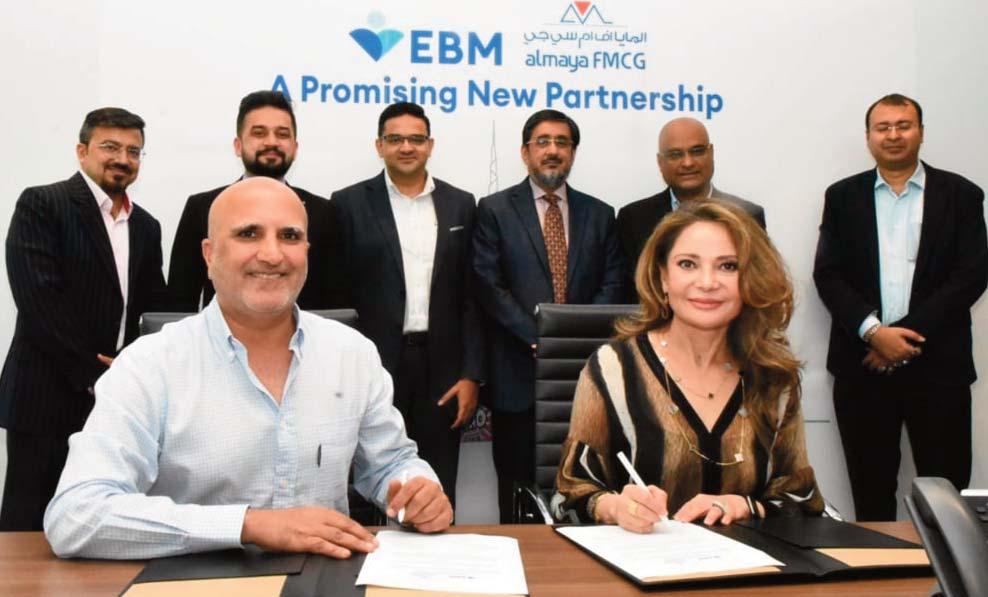
EBM has a prolific international footprint in over 30 countries and a notable presence in the global market including the United States, Canada, the UK, the Middle East, and Africa. The journey of EBM's product to international markets reflects the company's commitment to R&D and innovation.
For over 50 years, EBM has held the largest production capacity in Pakistan
and this new endeavour enables the company to remain a leader of the FMCG sector both on a local and global scale.**
"Over the past years we have provided our customers and consumers, at home and abroad, with innovative highquality products," said Chief Executive Officer and Managing Director of EBM Dr Zeelaf Munir. "Our increasing presence in the international market is a testament to our commitment of providing every consumer with healthy & affordable nutritious brands. By extending our supply chain to the UAE with the largest distribution network, we will be able to introduce our innovative product range to new consumers and provide overseas Pakistanis with a taste of their homeland."
Deepak Pagarani, CEO of Al Maya Group, said, "Al Maya has introduced the finest food brands of the world within the Gulf region. It has also assured a seamless supply of brands to retailers and international supermarket chains. We're happy to have English Biscuit Manufacturers on board as we believe that we have what it takes to maintain the essence of the leading FMCG company through our exceptional B2B experience and trusted distribution network at the international level."
EBM envisions to continue providing products that are rich in quality and nutrition, thus making an impact through its purpose of nourishing lives, hearts, and communities.
The Board of Directors of ICI Pakistan Limited has authorised a partial divestment of approximately 26.5% of the issued and paid-up share capital of its subsidiary NutriCo Morinaga (Private) Limited (NMPL) to Morinaga Milk Industry Co. Ltd, a Japanese dairy giant, at an aggregate sale price of US$45.08 million, which translates into approximately US$2.07 per share.
In a notice sent to the Pakistan Stock Exchange (PSX) on Wednesday, ICI Pakistan said that it would continue to hold approximately 24.5% of the issued and paid up share capital of NMPL, a subsidiary of ICI Pakistan, upon completion of the transaction.
“The approval is subject to, inter alia, obtaining the requisite approval of the shareholders of the Company pursuant to section 183(3) (b) of the Companies Act, 2017, and all necessary regulatory and other approvals required,” read the notice.
Last month, Japanese dairy giant Morinaga Milk Industry sent a conditional offer to ICI Pakistan to acquire an aggre-
gate of approximately 33.3% of the issued and paid-up share capital of NMPL from NMPL's existing shareholders including that of ICI Pakistan.
The acquisition was set at an aggregate price of US$56.6 million which translates to approximately US$2.07/per share, ICI Pakistan had said then.
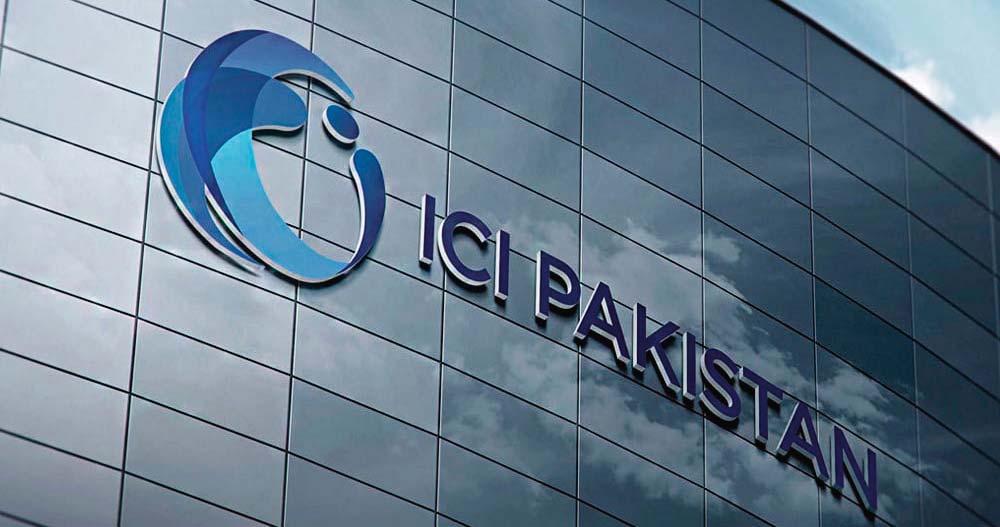
NMPL is a joint venture between ICI Pakistan, Morinaga Milk and Unibrands (Private) Limited to locally manufacture and distribute nutritional formula products, and was recently merged with NutriCo Pakistan (Private) Limited, which was involved in the import and distribution of select products of Morinaga Milk.
Moreover, Moringa Milk Industry, in its filing to the Tokyo Stock Exchange last month, said that the company has been exporting infant and toddler milk to Pakistan since 1978 and sees the South Asian country as an attractive market, boasting the fifth-largest population in the world, with continuing population growth forecast.
“Moreover, the Morinaga Milk Industry brand has gained broad recognition in Pakistan over many years through the export business, giving the Company a high chance of achieving further rapid growth in the Pakistan market.
“By acquiring management control over NutriCo Morinaga the company considers that it will be able to capture growth opportunities, leading to the further development of the Morinaga Milk Industry brand infant and toddler milk business in Pakistan and contributing to the growth and health of the consumers of the Company products,” it said.
Back in 2020, NutriCo Morinaga (Private) Limited commenced commercial operations of growing-up formula products at its manufacturing facility in Sheikhupura, Punjab.
At a cost of Rs5.5 billion, the manufacturing facility was the first asset investment by a global Japanese dairy and food company in Pakistan.
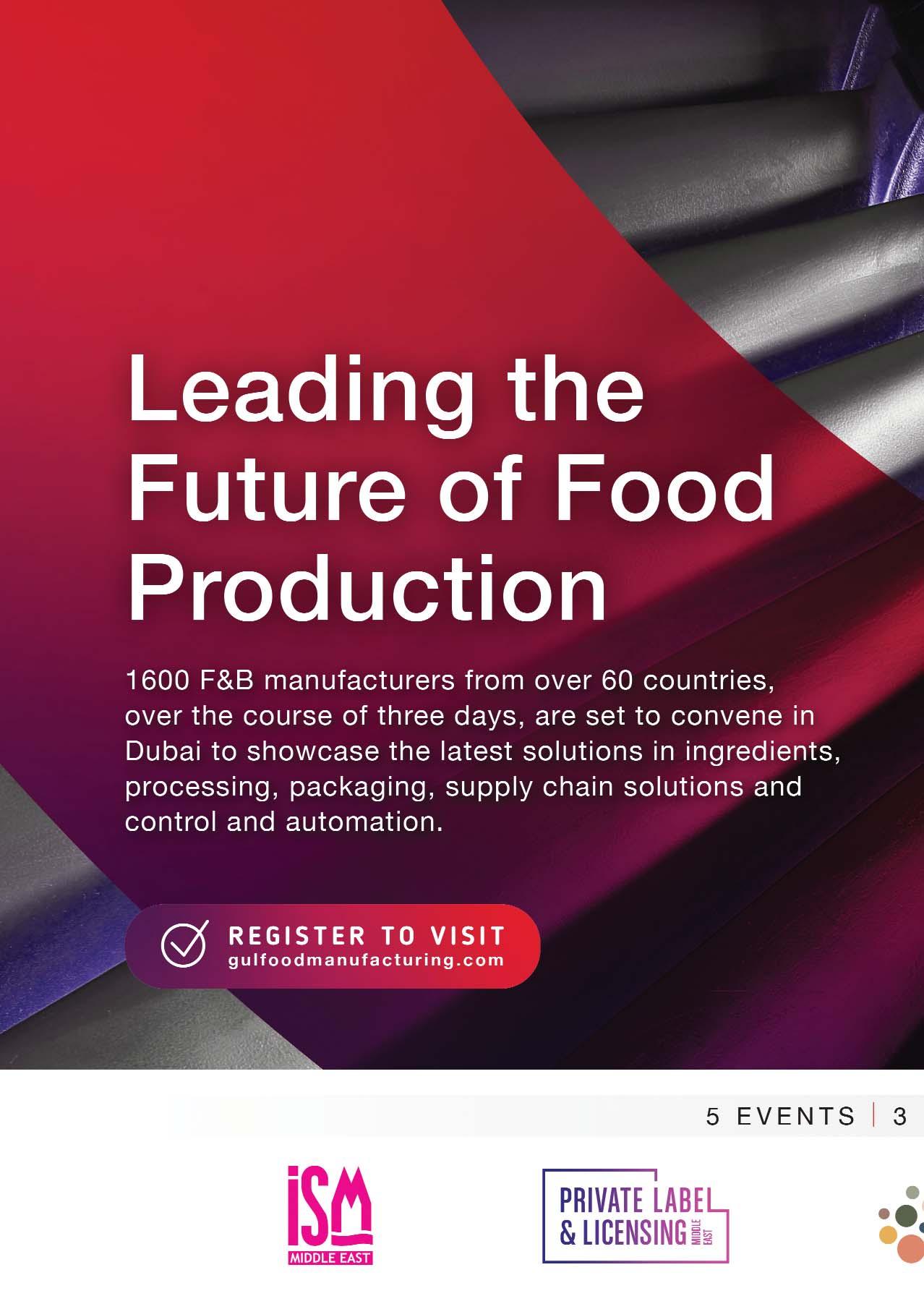
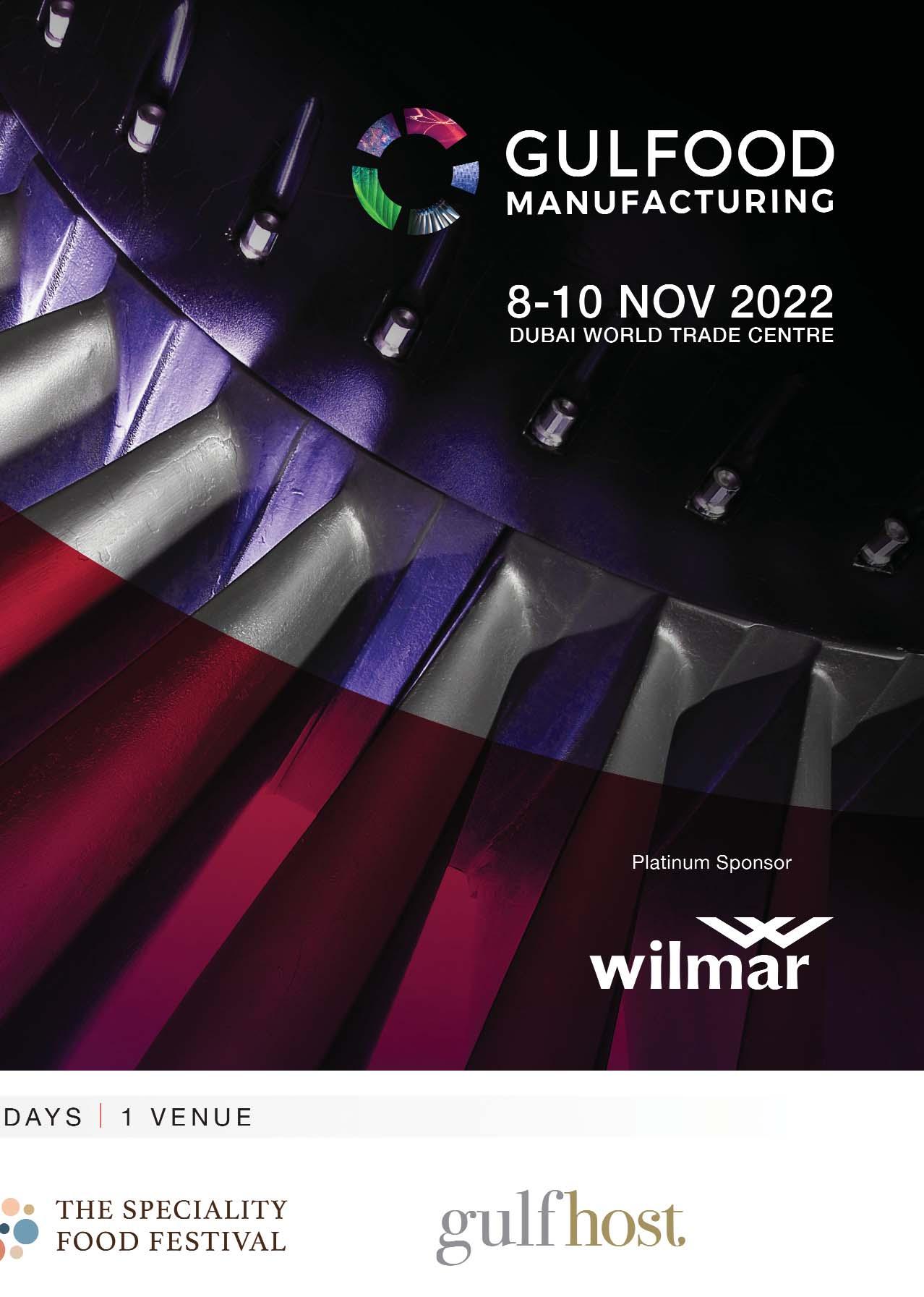
The Dmitrovskie Group is Russia's oldest supplier of vegetable products for the domestic retail market. In recent years, the company has actively driven forward its vegetable processing business and expanded its range of prepacked sliced vegetables, salads and cooked vegetable products.
In order to increase the competitiveness of the rapidly growing, family-run company, the owners decided to focus on the automation of the production processes and concentrate in particular on the filling and packaging operations. MULTIVAC was selected as the strategic partner for the packaging technology.
Ivan Filippov, Development Director for the Dmitrovskie Group, reports in this interview on his experiences in the mutual collaboration with the experts from MULTIVAC.
Mr Filippov, your company's range of activities includes not only the cultivation
and supply of vegetables, but also the processing of these into vegetable products.
That is correct. We now feel rather misunderstood, when we are described as farmers. The Dmitrovskie Group has actually been involved in food processing for about a decade now. In 2009 we were the first company to launch washed vegetables from our own production onto the market. We are now the market leader in this sector.
About one and half years ago, initially as a trial operation, we started to produce cooked vegetable products, i.e. pas-
teurised and sterilised. It took a whole year for us to master the new production process for the vegetables, so their vitamins and micro-nutrients could be retained, while at the same time providing the shelf life for the product without the addition of preservatives.
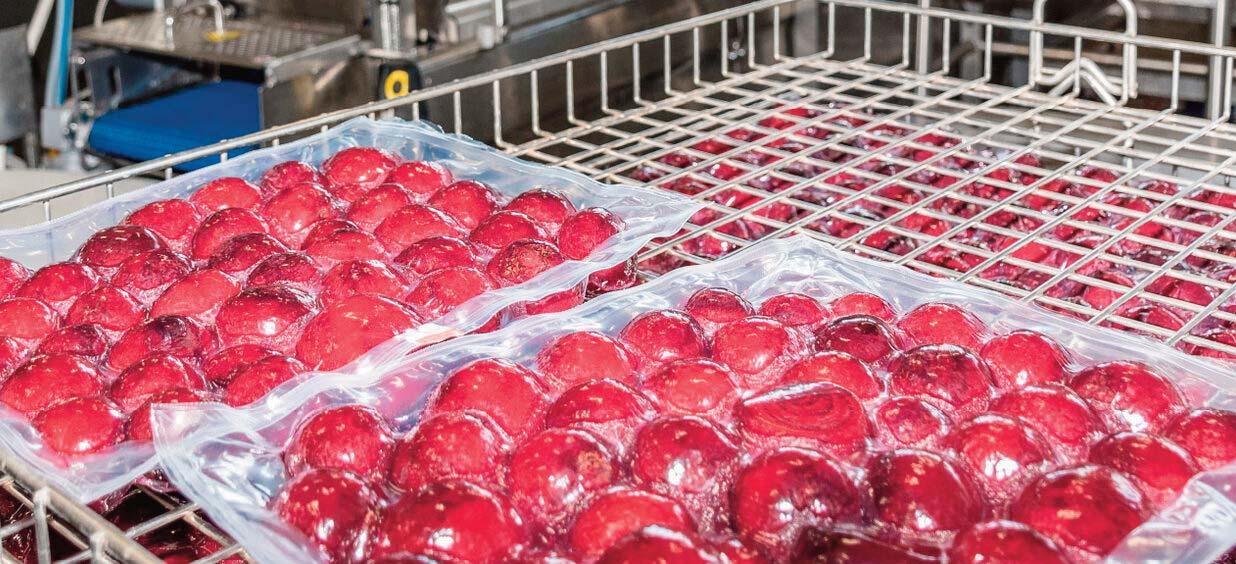
Today we are able to offer potatoes with and without skin, as well as beetroot.
It takes only a few minutes to cook these products since they just have to be heated in the microwave. Thanks to our new production line, we can now offer high-quality products as healthy conven-
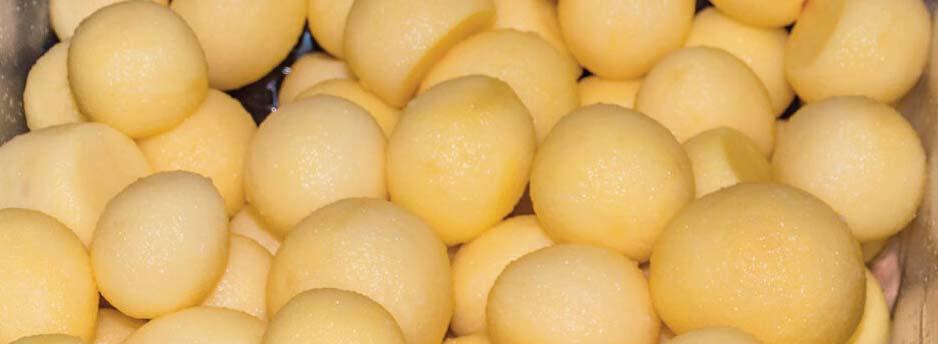
We
ience foods to consumers who have too little time or inclination for cooking.
Are the processed products packed on an industrial scale?
Yes. The expansion of our product range to include those with a greater degree of processing required a rethink on our part, involving a completely new approach to packaging.
By investing in new packaging technology, we also set ourselves the aim of automating the production process as completely as possible - right up to the filling of the finished product.

By completely automating the packaging process, we also wanted to ensure our products would meet the strict hygiene regulations. At the same time,our intention was also to increase the productivity and efficiency of our production by reducing the number of workplaces for less qualified staff.
Another benefit of introducing a new packaging solution was a longer shelf life for our products, which would further consolidate our customers' trust in our branded products.
Which packaging technology did you decide upon?
We currently use several thermoforming packaging machines from MULTIVAC.
Why did you decide on this company?
Two years ago we decided to automate our packaging line − and unfortunately we purchased our first thermoforming packaging machine from another supplier. To our great regret, however, we soon encountered difficul-
ties. There was a complete lack of support, which we urgently needed. We therefore ceased our involvement with this supplier immediately.
A year ago we were faced again with the urgent task of optimising our packaging line for pasteurised vegetables, and in particular to meet the demand for higher output. And so we contacted the specialists at MULTIVAC. They were very ready to help us with this project and, following an in-depth evaluation, developed a suitable solution for us.
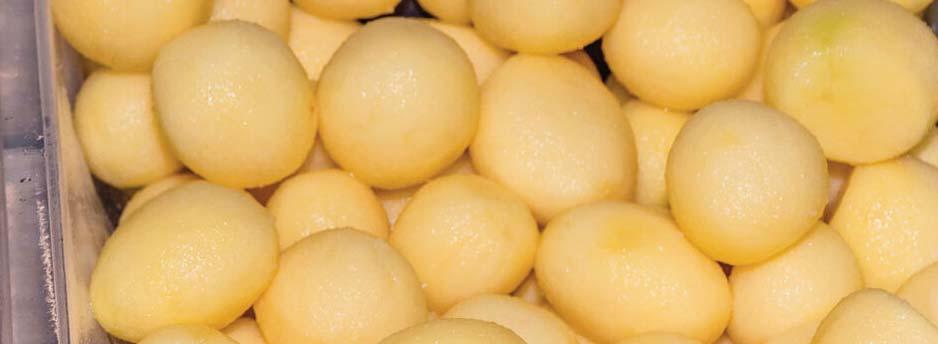
How were the products packed previously?
Before the thermoforming packaging machines were introduced, we had to fill the vegetables by hand. We used chamber machines for the vacuum packing, as well as manual weigh feeders with pedal activation. But there was simply too much labour required to operate these effectively. By purchasing MULTIVAC technology, we have now finally got away from inefficient manual processes. After just one year we have been able to double the output of our packed products.
Which criteria applied when selecting the new partner, given the unhappy experiences with the first supplier?
Our Group includes the DmitrovAgroResource company, one of the oldest sales firms for agricultural technology in Russia, which has traditionally specialised in the sale of tractors and combine harvesters. We therefore know exactly, how one has to sell technology and equipment − we are not just selling our customers the individual machines,
we also see ourselves as real suppliers of solutions. In addition to the particular vehicle, we also offer servicing and technical support.
A trusting relationship with our business partners is very important to us. The result of our work depends precisely on how successful this is.
We therefore applied the same criteria to the supplier of the new packaging technology, as those that apply to ourselves.
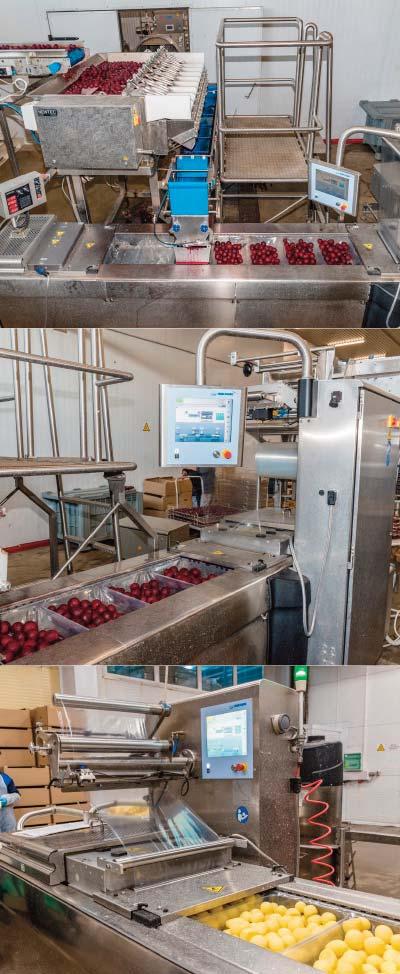
This includes the manufacturing quality of the products, the level of technical support and the availability and delivery of spare parts. If the supplier can guarantee the required spare parts can be delivered to site on any day of the week, including weekends, this is for us an important factor when making the purchasing decision.
When choosing technical equipment, the evaluation of the supplier by other companies, who already have experience with this technology, also plays a significant role. If the opportunity allows, we will travel to these companies and ask them all the relevant questions regarding the equipment, particularly about the reliability of the technology and the technical support offered by the supplier.
Surprisingly the price as a selection criterion is not even worth a mention by them ...
That, which is good, can not be cheap. Quality has its price.
That means you were prepared to accept the price level of the market leader for packaging technology in Europe?
Essentially, it comes down to evaluating the price correctly. Here it is a question of considering not only the initial investment, but also much more the total costs of ownership, in other words the total cost of the investment over its entire lifespan. Ultimately it is also about the certainty, that the technology is futureproofed, and that there will be no problems with it over the next ten years. Given these preconditions, we were prepared to pay the appropriate price for the MULTIVAC packaging machines. And I am absolutely convinced, that every single rouble was well spent. We also conducted extensive research in the market for packaging machines, during which we spoke to a large number of our Russian and European partners, before we entered into the collaboration with MULTIVAC.
And after one year of cooperation there is presumably no reason to doubt the correctness of your decision?
I can say with complete conviction, that we have found the right partner for long-term collaboration. We are completely satisfied with MULTIVAC in every respect. This means not just price but also servicing and the assistance from MULTIVAC's local specialists.
Whenever the operating data from the machines is assessed, we always receive the technician's recommendations on how the operation of each machine can be optimised. With MULTIVAC, one never buys a "pig in a poke" as the expression goes. I always like to use the opportunity of getting information, for example, about a new model from MULTIVAC on the market. This means I am always kept up to date. Sometimes we can see or even test such models.

And last but not least, it is very important to us that we can order any spare part directly by phone. Spare parts are always delivered to us very quickly and can be fitted on the same day, at or latest, the following morning.
How would you assess the project management by the technical people at MULTIVAC?
I can perhaps best answer that with a typical example. We recently had a project for packing a new sliced vegetable product, and we originally intended to purchase an additional packaging machine. After the specialists at MULTIVAC had examined the User Requirement Specification, they suggested we should retrofit a new die set to the existing thermoforming packaging machine, rather than invest in an additional machine. It is perfectly clear that with such a simple solution we have not only saved money but also been able to use our production
area more effectively. I will leave you to judge whether another supplier would have been able to resist the temptation to sell us an additional machine. This is further proof of the value that MULTIVAC staff attach to the brand and the company, and how they see their relationship with the customer.
We have a motto here that the best partner is the one whom we never ask about the price. And who never asks us when we will pay. The MULTIVAC company has proven to us that it is such a partner. And today when I give my colleagues in the sector advice about packaging technology questions, I always recommend to all of them they opt for MULTIVAC as a supplier. Yes, it is more expensive in the initial investment, but ultimately it pays off, since over the long term many unnecessary problems can be avoided.
TOMRA Food and ICOEL S.r.l. have reached an agreement that positions ICOEL as a TOMRA Food integrated business partner for Europe and our partner in cherry solutions in LATAM. This new working relationship, announced today, will tap into the two businesses’ synergies to strengthen the sales, service and support provided to customers of the TOMRA Fresh Food business area and ICOEL.
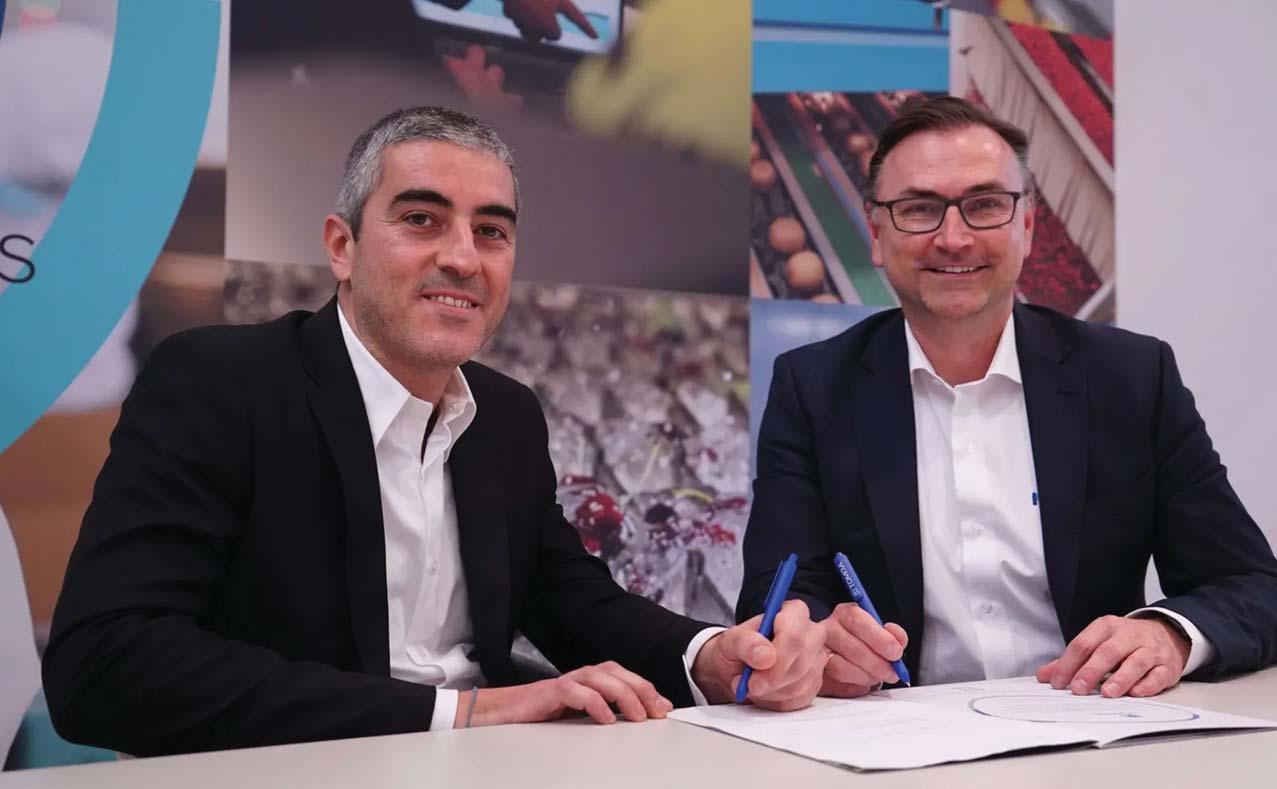
TOMRA Food designs and manufactures sensor-based sorting machines and grading and peeling solutions. ICOEL designs and manufactures Fruit handling, processing and packaging equipment, for bin and crate emptying, treatment, manual packing, automatic boxes, bin-filling systems, and bin handling. Machinery from both TOMRA Food and ICOEL is often used by the same processing and packing plants, particularly in Europe.
Paul Slupecki, Head of Global Sales
TOMRA Fresh Food at TOMRA Food, said: “This is all about the customer. Both TOMRA Food and ICOEL have a culture of customer-centricity, and both recognize the opportunity to enhance customer support by working together. Now that ICOEL is a TOMRA integrated business partner, we follow the same processes and share information and resources. Customer sales and service for both companies’ equipment will now come from one source, making customers’ lives easier by providing a ‘one-stop-shop’. This alliance will also give TOMRA Food and ICOEL greater firepower when delivering big projects.”
Bruno Stravato, General Manager at ICOEL, commented: “ICOEL’s solutions integrate with TOMRA’s solutions, and this is significant because many more processing applications are becoming interconnected. Closer integration is something our customers want and
something that will enable us to enhance the quality of the solutions and services we provide. The joint focus of ICOEL and TOMRA will initially be on Europe, especially Italy, Greece, and Turkey, where ICOEL is strong. In the longer term, we expect to expand into other markets around the world.”
Customers using both TOMRA Food and ICOEL equipment will receive one full, integrated service for both brands, whether from a TOMRA engineer or an ICOEL engineer. To facilitate this new arrangement, TOMRA Food is expanding its team and some TOMRA functions are being integrated at ICOEL.
As part of TOMRA Food’s drive to work even more closely with customers, and to deliver solutions that are even more precisely specialized, the sales and service activities of the TOMRA Fresh Food business area are now categoryfocused.
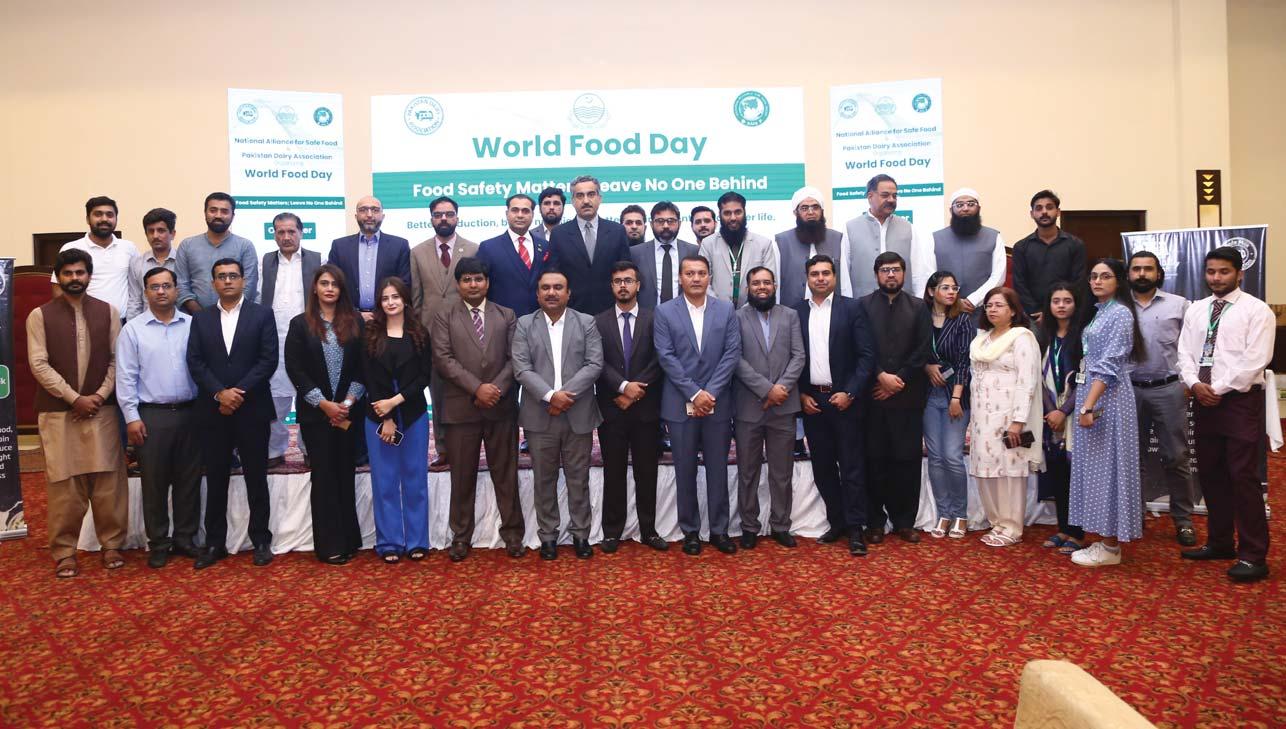
World Food Day is celebrated across the globe on 16 October. This Year World Food Day theme is “Leaves No One Behind” In celebration of World Food Day, Pakistan Dairy Association in collaboration with the National Alliance for Safe Food are conducting a Seminar on Food Safety Matters: Leave No One Behind on 15th October, 2022 Lahore, Pakistan.
Collective action across 150 countries worldwide is what makes World Food Day one of the most celebrated UN days. Hundreds of events and outreach activities bring together governments, businesses, the media, the public, even youth. They promote worldwide awareness and action for those who suffer from hunger and for the need to ensure healthy diets for all, leaving no one behind. Pakistan is one of the fastest growing populations in the world. Fulfillment of nutritional requirements of such a huge population is a challenge in itself. In the 2021 Global Hunger Index, Pakistan ranked 92nd out of the 116 countries. Pakistan is a country with alarmingly high under-nutrition rates. World Food Day is an excellent opportunity to gather around and discuss challenges of food safety and security as well as find solutions to the challenges for a better, healthier future.
The National Alliance for Safe Food (NAFS) is a leading organization and Pakistan’s largest Food Professionals network striving for safe & nutritious food production and consumption for betterment of human society by training and
educating consumers and manufacturers. Annually, NAFS Pakistan celebrates the World Food Day campaign with the support of Development Organizations, Academic Institutes, Food Regulatory Authorities, Chambers of Commerce, Civil Society Organizations and Food Industries. It provides a platform to bring attention to the importance of Dairy industry, business opportunities, nutrition, food safety & human health and sustainable management of food resources.
Pakistan Dairy Association (PDA), is the representative body of forward looking dairy farmers and milk processors of the country. More than 90% of the packaged dairy products sold in Pakistan are produced by PDA members. In addition to delivering safe and healthy dairy products to the consumers, PDA members are the only private sector companies assisting the dairy farmers to improve quality and quantity of milk produced while providing them access to the market through a structured supply chain. Moreover, PDA provides a forum to dairy sector and allied agro fields, professionals as well as farmers, for the determination of knowledge and ideas in Research & Development, production, processing and marketing. It works to establish strong backward & forward linkages amongst the stakeholders in private as well as public sector and livestock farmers.
The aforementioned seminar was be attended by foreign missions of all countries in Lahore, Federal and Provincial
Secretaries, Regulatory Bodies, Food Industry Leaders, Food Regulatory Experts, Prominent Businessmen, Policy makers, INGO’s, Food Professionals and Food & Dairy Industry Service Providers. Furthermore, Seminar will host Guest speakers from various academia & research institutes to discuss the challenges, opportunities and innovations regarding food safety.
The Chief Guest of National Seminar was Sardar Husnain Bahadur Dreshak, Minster Food Punjab and other Guest of Honor, speakers and panelists includes Secretary Livestock Govt of Punjab
Muhammad Malik Bhulla, Dr. Talat Pasha VC University of Education, Farah Naz, Country Director GAIN, Hamed K Latif, CEO TTI Labs, Dr. Shahzad Ameen, CEO Pakistan Dairy Association, Dr. Hafiz
Rehan Nadeem President National Alliance for Safe Food, Mr. Yasin Akhtar Director PSQCA, Mr. Rao Imran Head of Rgulatory/Quality & Innovations Tetra Foods, Mr. Awais Bin Qasim MD
Tetrapack, Mr. Mian Mitha Manager Regulatory Affairs Nestle Pakistan, Dr. Shinawar Waseem Ali Chairman Food Science Department Punjab University and Mr. Awais Ali Vice President National Alliance for Safe Food. The National Seminar will be attended by Head of Food Department from Different Universities, Food Industry Professionals, Senior Food Scientists and Nutrition Experts along with the Civil Society and Media Activist.

Rice occupies 2.5 million hectare that is 10.9% of the total cultivated area with production of 5.1 million tonnes of milled rice. In Pakistan’s agrarian economy rice plays multifarious roles. Firstly, it is a second staple food and contributes more than 2 million tonnes to our national food requirement.
Secondly, the rice industry is an important source of employment and income for rural people. Thirdly, it contributes to the country’s foreign exchange exchequer. For instance, during 19992000 about 2 million tonnes of rice worth 26 billion rupees was exported.
The barter trade on the Afghanistan border was in addition to this export. The significance of this commodity in our economy is evident from the above facts.
Therefore, it is imperative to focus on the efforts needed to further improve its competitiveness in the international market.
In Pakistan, rice is grown under diverse climatic and edaphic conditions. Basmati predominates in traditional rice.
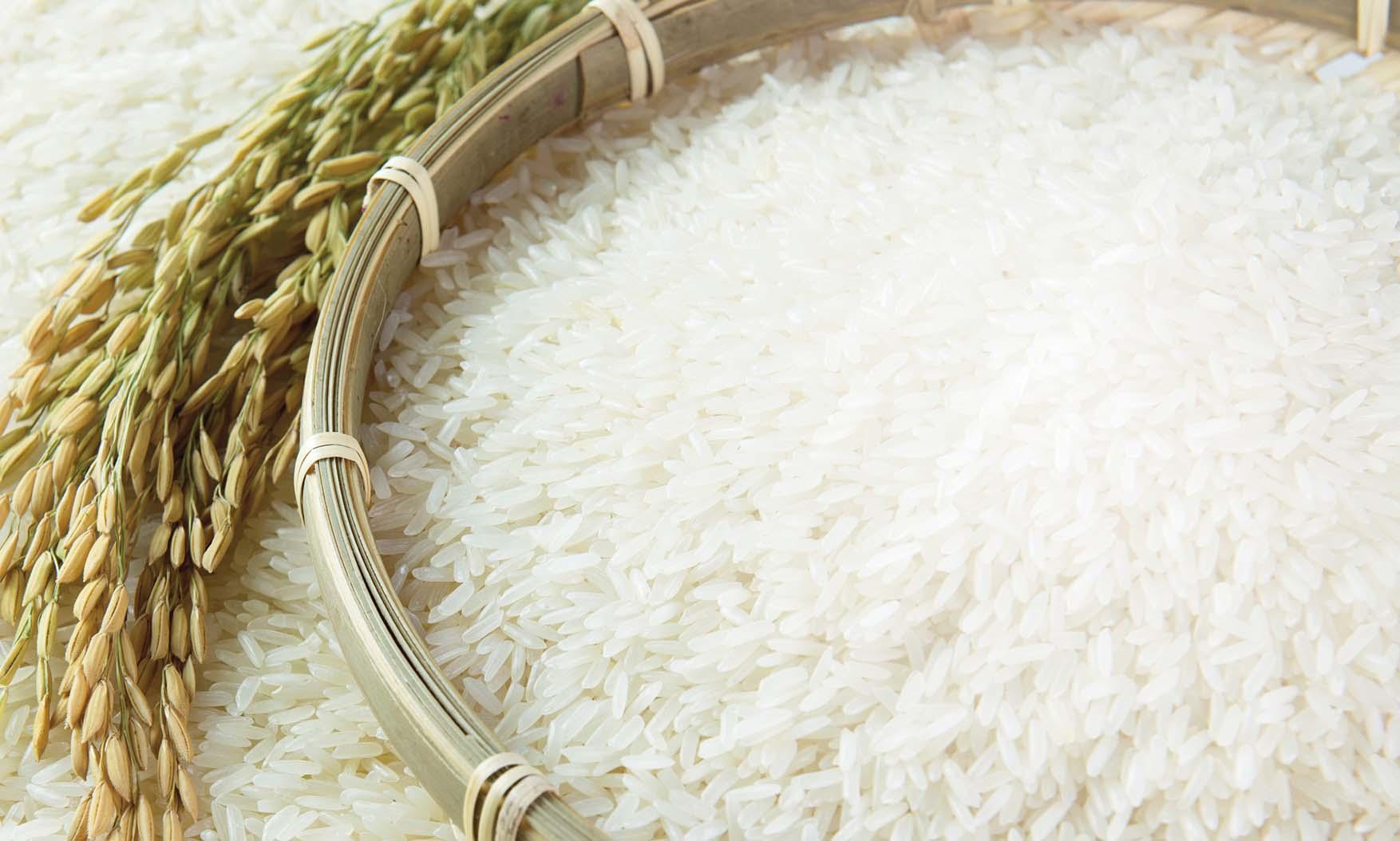
In Swat (zone 1) at high altitude mountain valleys, temperate Japonica rice is grown. In the South of NWFP, Sindh, and Balochistan (zones 3 and 4) IRRI-type long-grain heat-tolerant tropical kinds of rice are grown.

Pakistan harvested a record rice crop of 8.9 million tonnes in the 2021-22 marketing year, up from 8.4 million tonnes the prior year, according to a Global Agricultural Information Network report from the Foreign Agricultural Service of the US Department of Agriculture (USDA).

“New higher-yielding hybrid rice varieties, improved agronomic practices, and increased planting area, as farmers shift out of cotton, are factors driving the increased production,” the USDA said. The agency noted that the Pakistan government’s policy of ensuring rice growers had adequate inputs also contributed to the record production.
Meanwhile, the country’s rice exports in 2020-21 (November-October) were
stagnant at 3.8 million tonnes, virtually unchanged from the previous year, the report said. Supply chain disruptions, shipping container shortages, and high transportation costs negatively impacted rice exports.
With this year’s record production adding more stocks, the total available supply is estimated to be 11 million tonnes, the USDA said. “Domestic rice consumption is 3.7 million tonnes, leaving an exportable supply of 7.3 million tonnes for 2021-22,” the USDA said. “This large
surplus will provide an opportunity to significantly increase exports, but Pakistani rice will continue to face stiff competition from India and Southeast Asia suppliers.”
Exports of Rice have shown remarkable performance during Q3 FY 2022. An increase in the export of Rice (1006) has been noticed. Pakistan's rice export share in Saudi Arabia and UAE is approximately one-fifth of total Rice export earnings.
The demand for Rice in these countries was mainly for Basmati Rice and very little or no demand for non-Basmati varieties. Pakistan’s main Rice export markets are China, Kenya, United Arab Emirates, Afghanistan, and Saudi Arabia. Pakistan’s non-basmati rice is largely exported to African countries, where it faces competition mainly from India in terms of crop availability and pricing. Basmati exports are still hovering a little over 1 MMT, just over 20 % of the total. In the past year, continuing devaluation of the Pakistani rupee against the dollar has helped Pakistani rice’s competitiveness in world markets. Farmers and SMEs in the sector are eligible to receive government-supported credit programs. In addition, the State Bank of Pakistan (SBP) provides loans to traders under an Export Financing Scheme (EFS). The only other major government involvement in the rice sector is R&D on rice varieties, extension services, and promoting Pakistan-branded basmati in overseas markets. With expectations for a growing exportable surplus, exports in 2022/2023 are projected at 5 MMT. Through the first three months of the 2021/22 local marketing year, the export pace was 13 % above the previous year, and the 2021/22 export forecast has increased to 4.5 million tons.
Pakistan’s economy enjoyed a strong recovery following measures taken by the government to mitigate the adverse socio-economic impacts of the COVID-19 pandemic. Pakistan's GDP growth is projected to grow to 4% in FY2022 as the government applies measures to reduce the current account deficit and raise international reserves. During Q3 Jan-March FY 2021-22, economic indicators have mostly signaled positive economic momentum. On the production side, agricultural output, mainly Wheat, Sugarcane, Rice, and Cotton are expected to increase during 2022, reflecting better weather conditions. Similarly, large-scale manufacturing growth rose to 7.8 percent and remittances were USD 7.14 billion during Q3 FY 2022.
To meet the ever-growing domestic needs of food and enhance exports and achieve sustainability and stability of rice production the following research areas would receive priority

(a) Varietal Improvement
A quantum jump in rice production was achieved in the sixties by large-scale adoption of high-yielding semi-dwarf varieties. Since the development of this plant type, there is a marginal increase in
rice production. To achieve another quantum jump in rice production, the following varietal improvement strategies are being proposed:
i.Modification of plant architecture.
ii.Development of hybrid rice technology.
iii.Wide-hybridization.
To develop appropriate management practices, and sustain soil fertility and high yields, it is vital to understand the kinetics, transformation, and interaction of essential nutrients in rice and other crops grown in rice-based cropping systems. The inclusion of legumes in the rice-based systems would be one of the options to sustain soil fertility. There is also a need to increase nutrient use efficiency, minimize fertilizer losses and increase the use of biofertilizers.
I.Develop techniques for the conservation of biocontrol agents in rice and rice-based cropping systems.
II.Develop pesticide reduction technology for the management of insects, weeds, rodent pests, etc.
III.Screening and evaluation of rice germplasm under greenhouse and field conditions for resistance to major insect pests.
IV.Develop cultural control methods for different categories of pests.

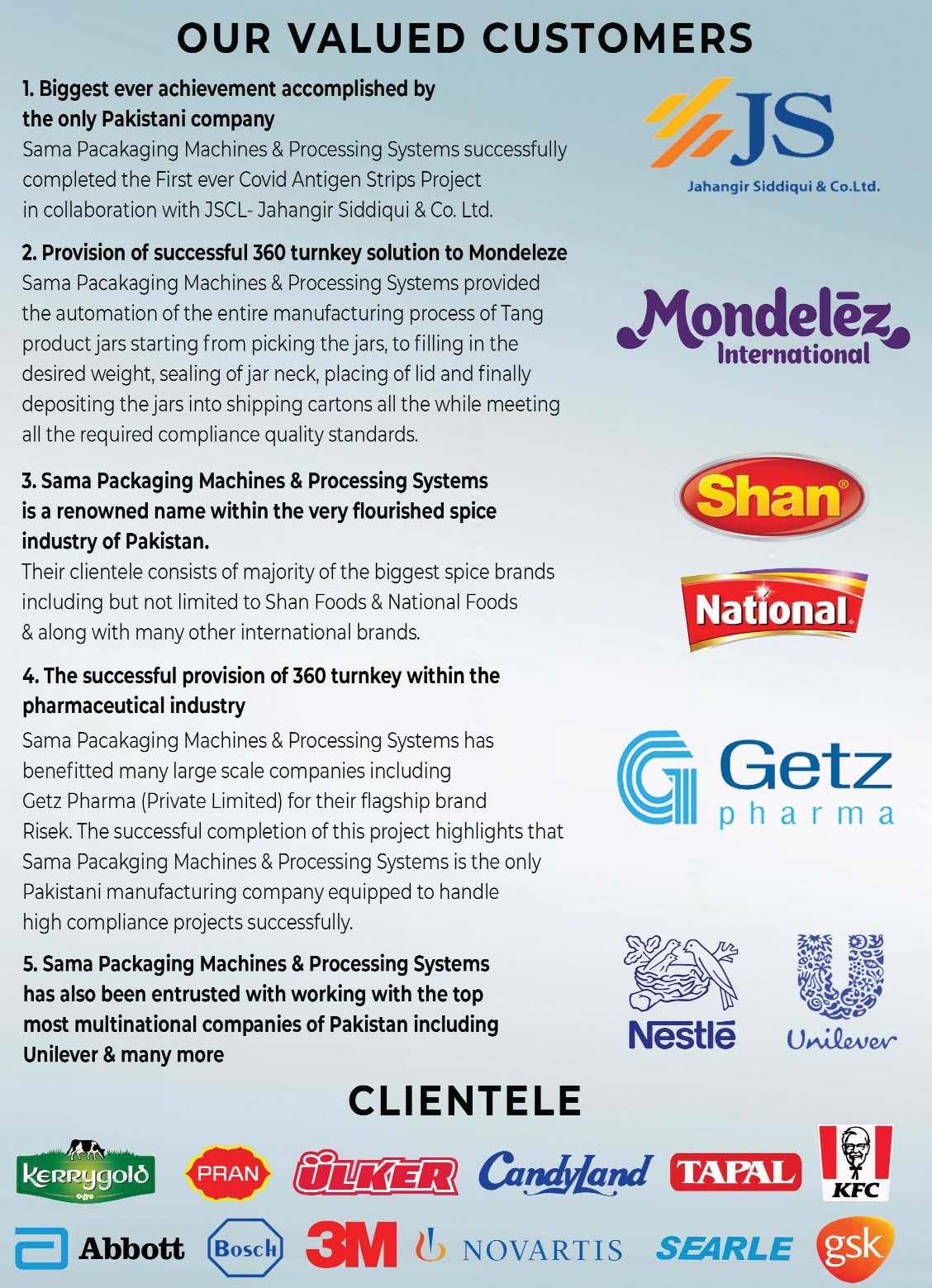
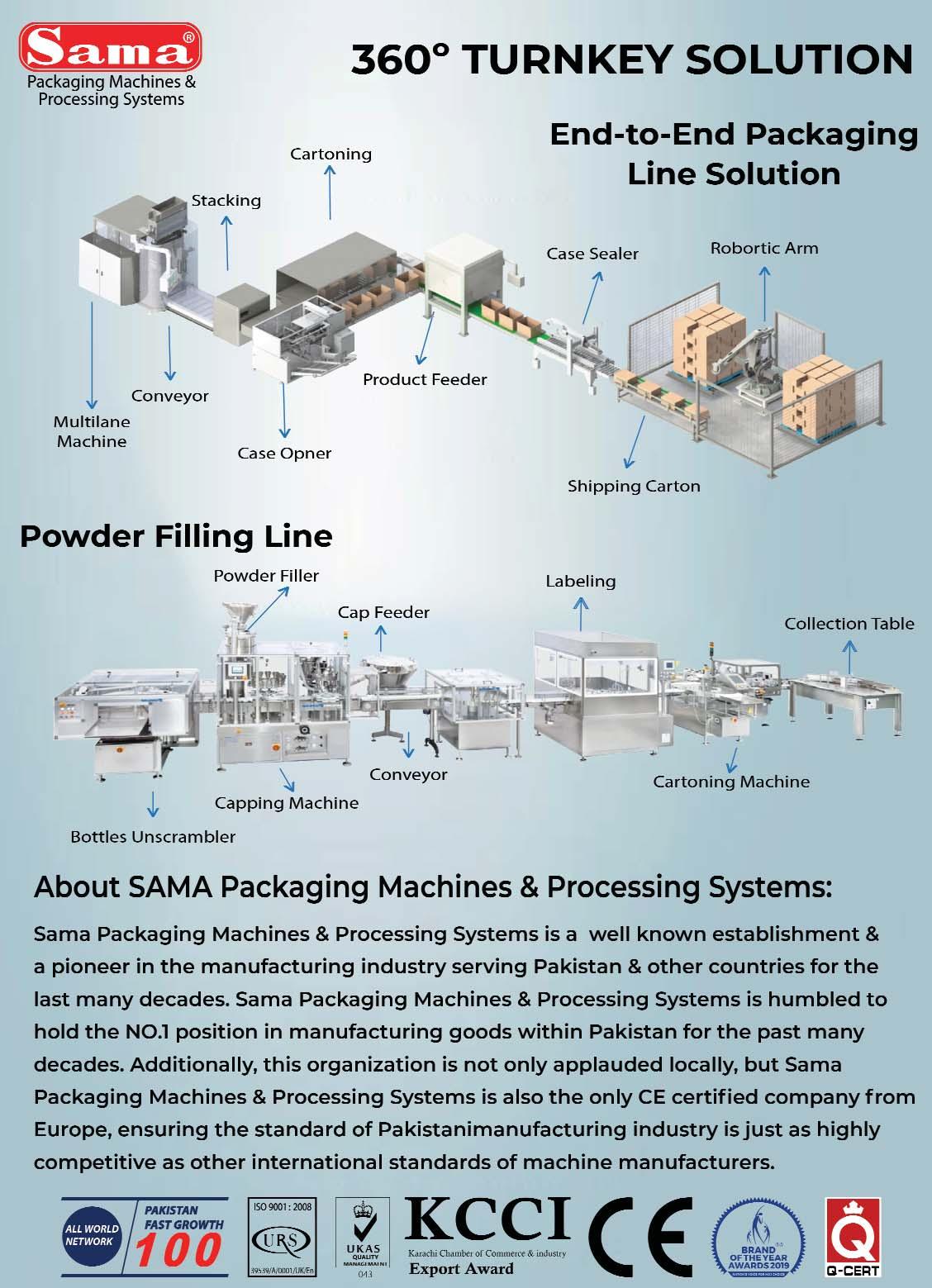
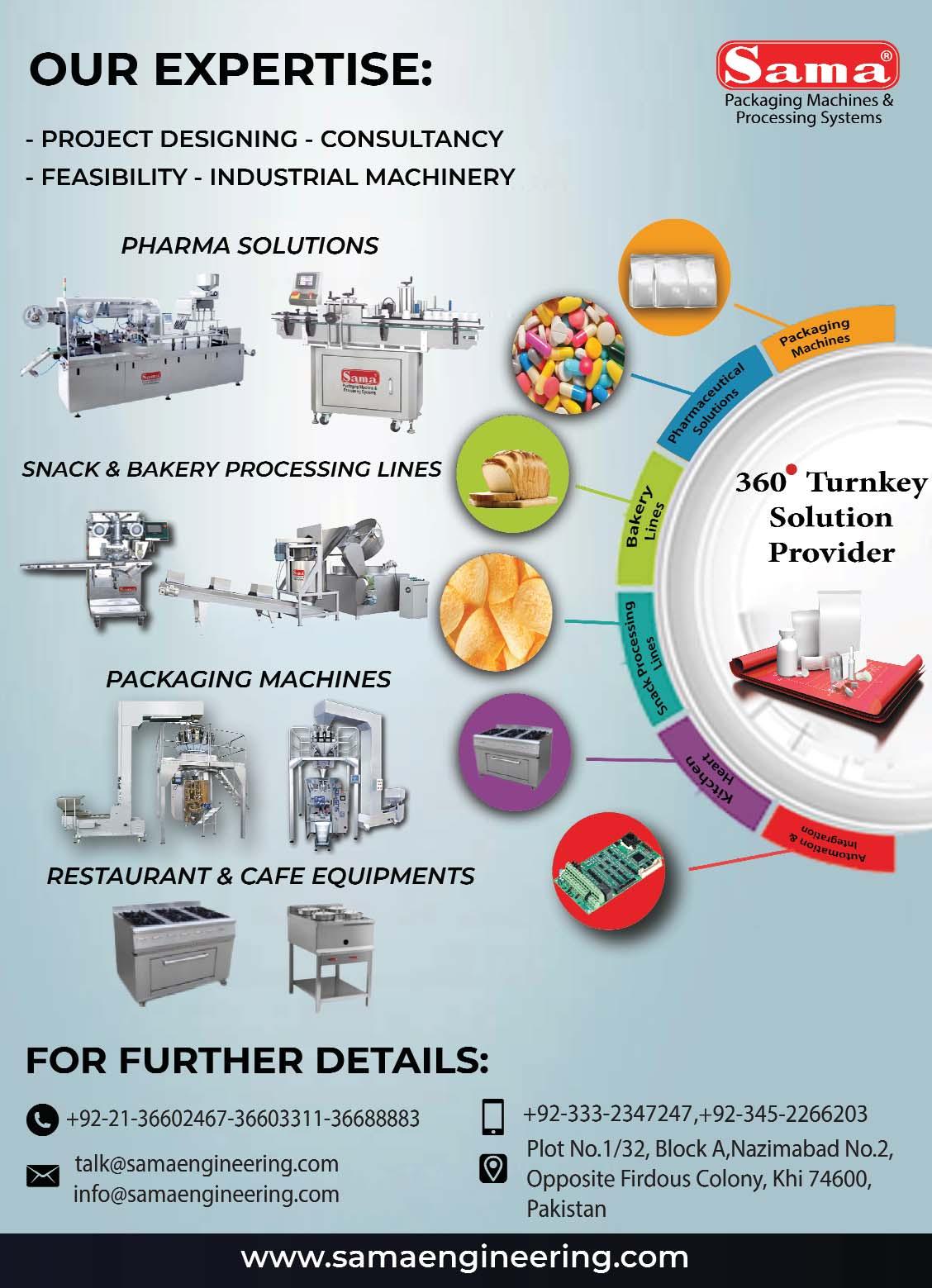
From 20 to 29 January Berlin welcomes visitors to the International Green Week 2023.
From 20 to 29 January 2023 the focus will be on experiencing, discovering, trying and finding things out at the International Green Week in Berlin. After a two-year break due to the pandemic, this popular event is back with a customary wide range of products.
The leading international trade fair for agriculture, the food industry and horticulture features a wide range of products and topics for discussion. “Our trade visitors are focused particularly on the Green Week’s role as a networking forum“, says Lars Jaeger, the project manager for the event. For consumers it will be worthwhile too. “At the Green Week 2023 we will have comprehensive information and be serving regional specialities from all over Germany and the world.“
Taking as its slogan ’A taste of the future’, the Federation of German Food and Drink Industries (BVE) will show what tomorrow’s food production will be like. At the Farm Experience, under the slogan 'experience modern agriculture', the

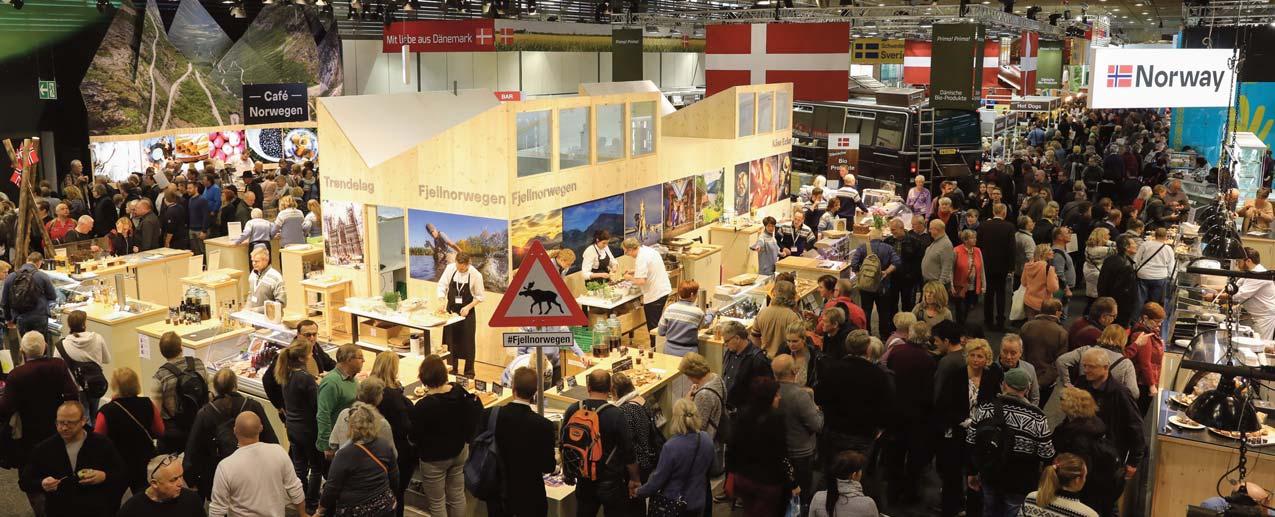
German Farmers’ Association (DBV) will offer a glimpse of farming both now and in the future. Other highlights will be the participation of the Federal Ministry of Agriculture and the Streetfood Market as well as the Floral and Livestock Halls, which are both very popular with the public.
From the Alps to the coast – visitors can look forward to lots of local attractions and regional specialities in characteristic settings. 12 federal states –Baden-Württemberg, Bavaria, Berlin, Brandenburg, Hesse, Mecklenburg-West Pomerania, Lower Saxony, North RhineWestphalia, Rhineland-Palatinate, Saxony, Saxony-Anhalt and Thuringia –
will present their culinary delights, including Ahle Wurscht, Saxonian Klitscher (potato pancakes) and Dicke Dörthe, a special brew. While enjoying these specialities, visitors to the Green Week can find out how diverse the holiday regions and local customs are.

Visitors to the Green Week interested in looking beyond local culinary offerings can take a discovery tour of the globe. Food and drink from every continent, specialities from East and West, culinary delights from islands in the Indian Ocean and the southern hemisphere – the Green Week 2023 invites visitors to take a culinary tour of the world.
The next edition of the international exhibition of agricultural machinery, which takes place in Bologna from 9 to 13 November, was presented in Foggia. Big event numbers and growing participation. The “Green” exhibition dedicated to machinery and equipment for gardening and landscaping was confirmed, and will also include a demo section. Conferences and seminars focusing on specialised crops and the agricultural economy of the Mediterranean area are in the pipeline.
The EIMA agricultural machinery exhibition – to be held in Bologna from 9 to 13 November – is the most important event of the year at the international level for agricultural companies, business operators and agro-mechanics technicians. It is also

an important appointment for the world of gardening, landscaping, urban decoration and sports facilities. Indeed, the EIMA Green exhibition, held as part of the agricultural machinery show, offers a wide range of technologies for green maintenance. It is also aimed at multifunctional farms, municipal administrations, green designers and the vast public of hobbyists who tend gardens and small farms.
The 2022 edition of EIMA Green was presented this morning in Foggia by Simona Rapastella, Director General of FederUnacoma, the association of agricultural machinery manufacturers that is the direct organiser of the Bologna-based exhibition, during a press conference held at the Ricciotti Nurseries as part of the “Demo Green” demonstration
trials. “With next autumn’s edition,” noted Rapastella, “the great Bologna event will return to its natural scheduling, in November of even-numbered years, after the date changes of recent years imposed by the health emergency.
The 2022 edition promises to be very rich. To date, more than 1,200 manufacturers (including over 300 from abroad) have confirmed their participation, with a demand for exhibition space that has already exceeded a net 110 thousand square metres. In the weeks to come, many more registrations are expected, to complete the 14 specialised sectors and 5 themed shows into which the exhibition is divided (“Components” dedicated to components, “Digital” dedicated to 4.0 technologies and robotics, “Energy” centred on bio-
energy supply chains, “Idrotech” specialised in irrigation and water management systems, and “Green” for the gardening sector).
“The programme of EIMA International this year includes an important novelty,” said the Director General of FederUnacoma, “namely the ‘preview’ of the Technical Innovations, i.e., a day at the end of September in Bologna entirely dedicated to the description and awarding of the winning machines of the competition reserved for models that present highly innovative new systems at EIMA”. A further novelty at this edition concerns the green sector and consists in the demonstration trials of specific gardening vehicles that will be organised inside the Bologna exhibition centre, alongside the traditional trials of vehicles for bioenergy chains and the show of the tractor finalists of the Tractor of the Year competition, which made its debut in the October 2021 edition and is confirmed this year in the arena set up with a large grandstand and a natural green setting.
In addition to the technical content, the cultural content of the event
is also expected to be very rich, confirming the EIMA Campus initiative dedicated to Universities and research bodies and envisaging no less than 140 conferences and seminars on topical issues regarding agromechanical processing and above all national and European policies for the development of mechanisation. “Particular attention will be devoted to themes relating to the Mediterranean area,” stressed Simona Rapastella, “especially to technologies for specialised crops,

systems for optimised management of water resources, and specific mechanical means for agriculture on the islands, and this underlines how EIMA International is the reference event not only for large ‘open field’ productions, but also for specialised and niche ones that have greater added value and have become increasingly important in the agricultural economy of our South and the entire Mediterranean area in recent years”.

Asia’s premier fresh fruit and vegetable trade show takes place at Bangkok’s Queen Sirikit Convention Center on 2-4 November 2022.
ASIA FRUIT LOGISTICA is moving to Bangkok for its 2022 edition from its traditional location in Hong Kong and takes place on 2-4 November 2022 at the Queen Sirikit National Convention Center (QSNCC).
The world-class exhibition centre in Bangkok hosted the first-ever edition of ASIA FRUIT LOGISTICA back in 2007. And the state-of-the-art facility has recently undergone a multimillion-dollar upgrade, adding five times more space as well as cutting-edge technology and services. That makes QSNCC the ideal venue as Asia’s number one international trade show for fresh fruits and vegetables celebrates its 15th anniversary in 2022.
This year’s relocation to Bangkok is not permanent: Thailand is the best place in Asia this year to host an in-person ASIA FRUIT LOGISTICA because of the strict Covid-entry travel restrictions that remain in force in Hong Kong and China.
“Asia’s fresh fruit and vegetable trade is desperate to meet in person again, and hosting ASIA FRUIT LOGISTICA in Bangkok this year means we can put on a physical trade show,” said David Axiotis, executive director of ASIA FRUIT LOGISTICA.
“The global fresh produce business can meet again face-to-face in Asia at ASIA FRUIT LOGISTICA in November 2022. This is a unique opportunity to reconnect, to re-engage with the market, and to develop new business with new top-level contacts.
"ASIA FRUIT LOGISTICA 2022 is as always held alongside ASIAFRUIT CONGRESS, which is the place to get the best information on every aspect of the fresh produce business across Asia,” Axiotis added.
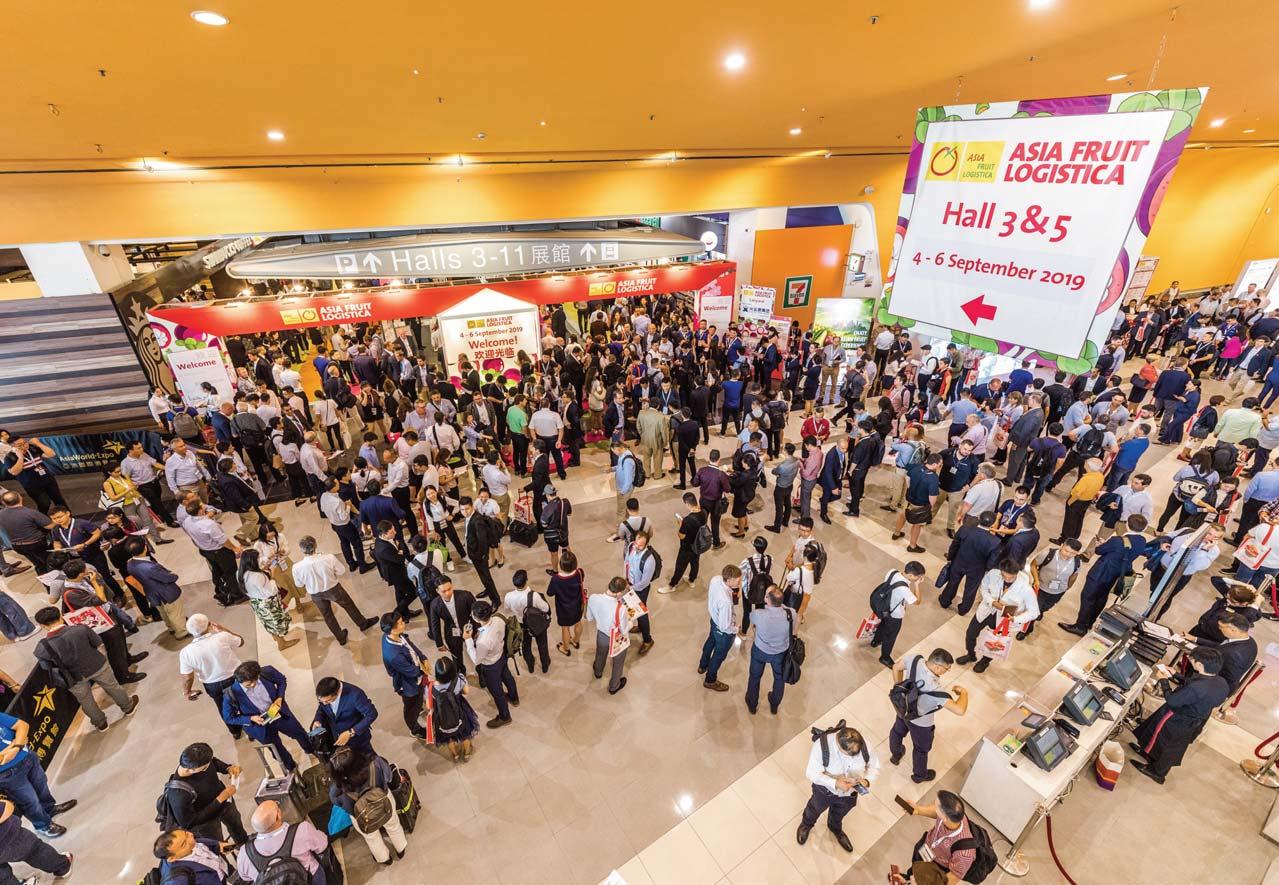
Thailand resumed its Test and Go programme for fully vaccinated travellers on 1 February 2022. It means international visitors can attend ASIA FRUIT LOGISTICA easily and conveniently.
Under the current Test and Go scheme, fully vaccinated travellers can travel by air from any country in the world and are exempt from quarantine: they must take a Covid-19 test on arrival in a government-approved (SHA+) hotel on Day 1 [or on their date of arrival].
Travellers are free to go if they receive a negative result and take an ATK self-test on Day 5 and report the test result as instructed by the Ministry of Public Health.
“We’re really excited to bring ASIA FRUIT LOGISTICA back to Bangkok,” said Axiotis. “It’s one of the most dynamic and vibrant cities in Asia and it has a proven track record in facilitating high-quality international events. And it’s also where we started ASIA FRUIT LOGISTICA in 2007.”
“Thailand is well situated in SouthEast Asia and has excellent global and regional connectivity for international visitors via Bangkok’s Suvarnabhumi Airport. And we all know that Thailand is a great place to visit.”
Chiruit Isarangkun Na Ayuthaya, president of the Thailand Convention and Exhibition Bureau (TCEB), said his organisation was looking forward to welcoming Asia’s premier fresh fruit and vegetable trade show to Bangkok.
“TCEB has a policy to support MICE [business events] and to propel the growth of strategic industries such as food and agriculture and logistics, so
ASIA FRUIT LOGISTICA is a perfect match with our policy.
“As a government agency, TCEB is ready to partner in making trade shows in Thailand a platform for successful connection between local and overseas businesses.

“Bangkok has enhanced its reputation as one of the world’s top MICE cities with the recent multimillion-dollar investments in infrastructure, facilities and attractions.
“ASIA FRUIT LOGISTICA 2022 can count on the city’s first-class services and support, and we’re confident it will be a highly productive and enjoyable event for participants.”
Thailand is also a key hub for SouthEast Asia’s fast-growing fresh fruit and vegetable business and presents fresh opportunities for visitors and exhibitors, Axiotis noted.
Thailand is a significant consumer of fresh fruit and vegetables; it is an attractive market for fresh fruit imports, with volumes up by 30 per cent year-on-year in 2020 to almost 700,000 tonnes.
The South-East Asian nation is also a powerhouse exporter of tropical fruits, shipping some 1.65m tonnes of tropical fruits in 2020. China took more than 65 per cent of its exports. It means that many top Chinese companies have offices in Thailand to manage their sourcing.
Axiotis said Global Produce Events (GPE) is now going full steam ahead with preparations for the 2022 edition of ASIA FRUIT LOGISTICA.
“It is a big job to bring together 800 exhibitors and 12,000 visitors from all over the world as we did for our last trade show in 2019. That’s why it’s especially important that we hit the ground running,” he said.
“GPE is well set up to do that: we have our teams in Shanghai and Bangkok, our global network of sales agents covering more than 120 countries and regions across the world, and our partners at Asiafruit Magazine and Fruitnet.
“We’re looking forward to welcoming our exhibitors and visitors to Bangkok and to putting on a really great show for the global fresh fruit and vegetable business.”
The 17th edition IFTECH Pakistan was held from 22 - 24, September 2022. This international trade fair served as a platform for industry stakeholders and companies to network and promote the latest products and services within the food and drink industries. It is a platform to show the country's growth and development in the hospitality and food industries.
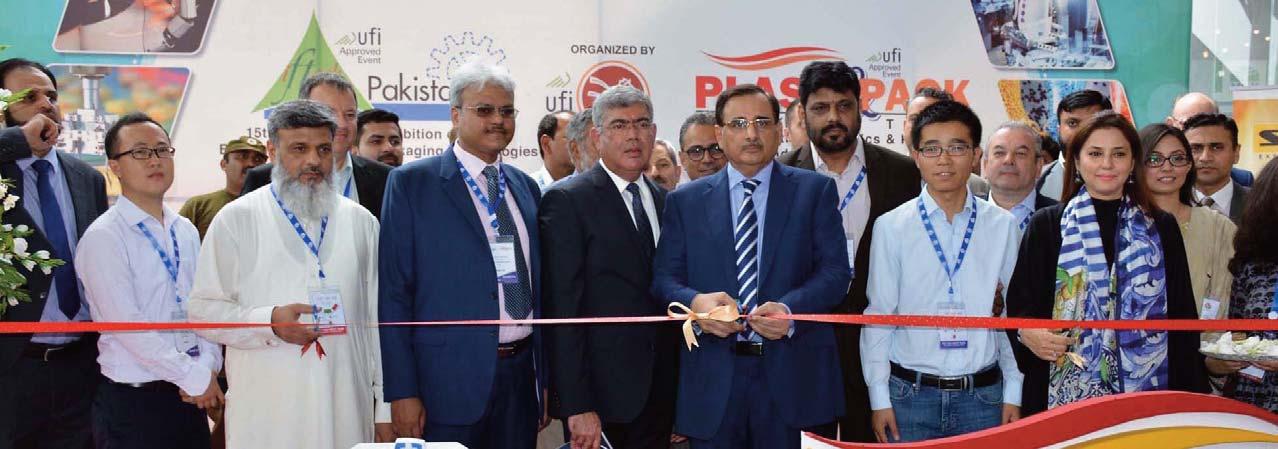
IFTECH is now the industry's most important trade show after 16 years of continuous development. It provides a platform for the food and hospitality industries to enter Pakistan's food and beverage markets.
This event invited international and local importers, distributors and retailers, as well as food service professionals, to connect with Pakistani food manufacturers to form new business partnerships and shape the future Pakistan's food and hospitality industry.
The exhibition is a great platform for trade visitors to source, update on the latest innovations and brand recall. They can also interact with exhibitors.
Iftech has been the choice of world's leading technology suppliers to approach and engage with Pakistan's food and beverage producers and brand owners.
As an important annual event, Iftech Pakistan has made valuable contributions by expanding economic opportunities in the fast growing food, beverage and hospitality industries.
Last year, Iftech 2019 witnessed around 18,500 trade visitors from different industries like Food & Food Processing, Importers/ Exporters/General Traders, Plastics, Printing & Packaging, Pharmaceutical & Cosmetics, Hospitality, Chemical, MNCs/ FMCGs/ SMEs, Automotive Industry, Engineering/ Power & Textile Industry, Govt. Organizations, Associations & Chambers and Foreign Missions. The event covered the space of 9,200 sq.m. with 250 exhibitors from 37 countries. The event was very successful as it grabbed business contracts worth billions of rupees.
A conference will also be organized on the theme of “Future Foodtech –Reshaping the Industry Outlook” during the event on 24th September, at the same venue. Since Pakistan is a key growth market of food and beverages in South Asian region and the country has been internationally recognized for its booming retail consumer market and a subsequent need for variety of food & beverage produce.
IFTECH CONFERENCE 2022 will mainly focus on technological ways and means to sustain current demands in production as well as developing new products in line with the changing consumer propensities. The broad-based canvas of the conference is going to provide unparalleled opportunities to reach out to industry audience to discuss scientific solutions and technological advancements.
Concurrent event:
Plasti&Pack Pakistan
Plasti&Pack Pakistan is the first and foremost trade exhibition of Pakistan to promote business matchmaking and foster long term linkages between local industries and leading global suppliers of raw material, machines and packaging. Since then, hundreds of international companies have chosen Plasti&Pack as their preferred source of exploring business in Pakistan. Local industry has benefitted at home to meet, analyze and finalize quantifiable purchase decisions of latest machines and material at the spot. Pegasus Consultancy is the proud organizer of the show. With decades of experience in organizing high profile exhibitions and conferences in Pakistan, Pegasus provide up to date and prompt services to the exhibitors and visitors to conduct their business in a conducive environment.
The most important yearly appointment of the organic movement, BIOFACH, takes place on 26-29 July 2022 in Nürnberg, Germany. This year with the innovative event concept, the organization combines established physical BIOFACH with the advantages of the digital world. The people too can benefit from the new complementary digital elements, such as online availability of parts of the BIOFACH and VIVANESS congress, expanded communication and appointment-making tools online, and a digital mapping of the exhibitors' offerings on site. In this edition the visitors will experience the full diversity of the organic community on site in Nuremberg or at home around the world high-quality highlights of the industry meeting in Nuremberg.
In the event, experience the entire range of exhibitors and all the innovations and trends, network personally with international industry representatives, immerse yourself live and directly in the congress, enjoy exchange 1:1 and benefit from all the diversity of the supporting program and chance encounters that only exist at trade fairs on site!

With this the online platform will provide from the digital mapping of the exhibitor range, use the communication and appointment tools to network beyond the presence trade fair and experience parts of the BIOFACH and VIVANESS Congress also digitally (live streamed and on demand). The digital extension of the trade fair duo via the talque platform promises even more reach for you and your business!
During the event the exhibitors and visitors can expand their industry networks on the digital event platform of the trade fair, too! Add the interests, such as product groups, country markets or special market segments in the profile on the platform and receive contact suggestions that offer they added value. Exchange information before the trade fair in Nuremberg via the chat function or make an appointment for a personal meeting on site via the platform.
The event contributes with a wide range of sessions on policy, regulation, and research. On 26 July, they host EU policy day, themed “A new policy and
regulatory framework for organics, opportunities and challenges.” The highlevel speakers during this session include EU Commissioner for Agriculture, Janusz Wojciechowski, and Member of the European Parliament, Norbert Lins. They will discuss the CAP national Strategic Plans’ alignment with the Farm to Fork strategy and its potential for the development of organic. There will also be a special focus on the new EU Organic Regulation – how it fits the EU’s new political ambitions, as well as its implementation in the EU and beyond in view of renegotiation trade and organic equivalency agreements. On 28 July, they organize a session addressing carbon farming, as well as an in-depth insight into the future of organic certification. These sessions will discuss organic in the context of topical subjects such as climate change, new technologies and the pandemic. On 29 July, they host science day, during which experts in the field discuss tech-enabled innovations in the agri-food sector. Drawing on the latest market developments, this session will show how digital technologies can strengthen local and small-scale food businesses.
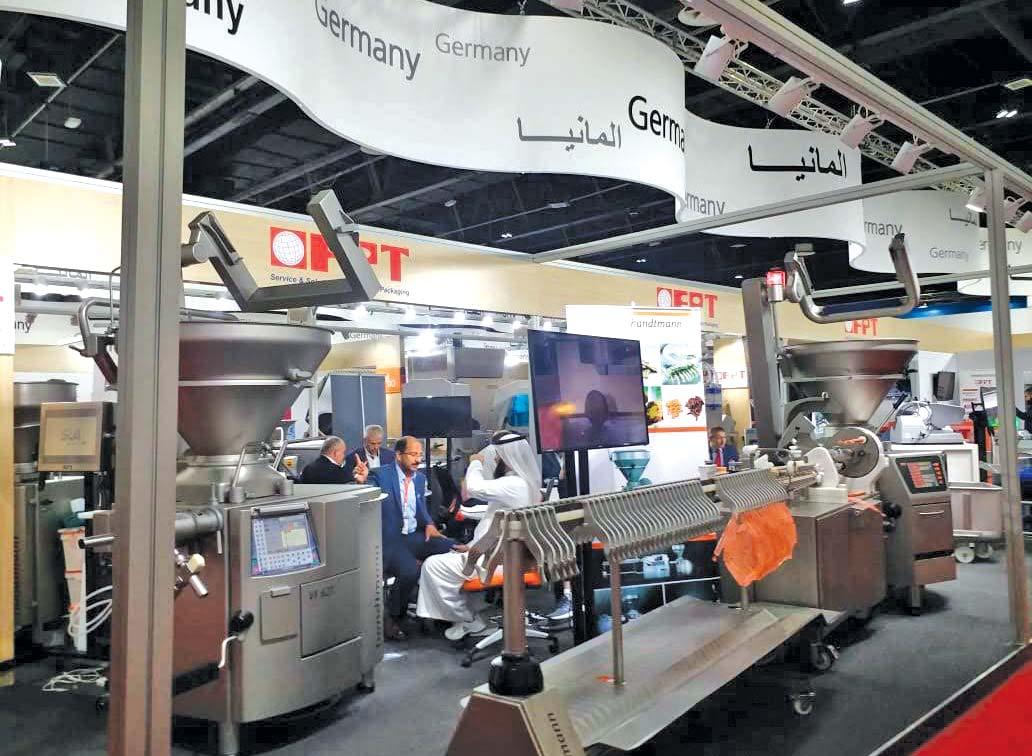
Dubai World Trade Centre (DWTC) has announced leading global trade fair, Gulfood Manufacturing, will take place from 8-10 November 2022. Showcasing new global products, solutions and technologies across the food and beverage value chain, this year’s edition is set to be 40% larger than the previous years’, with 25% of exhibitors new to the show. A steep growth trajectory that further demonstrates Dubai’s global market attraction and the overall competitiveness of the UAE’s industrial sector and its business ecosystem, in line with the National Strategy for Industry and Advanced Technology, Operation 300Bn.
Gulfood Manufacturing 2022 will be the definitive destination leading the future of food production from new ingredients and advanced technologies to integrated supply chain solutions and breakthrough developments driving the industry forward.

The event will bring together the F&B manufacturing industry across sectors in processing, packaging, ingredients, supply chain solutions and control & automation; in a single food ecosystem with an agenda that will shape the future of the manufacturing industry - amplifying the opportunity created by the Fourth Industrial Revolution, and building upon
and supporting the transformation of the country's industrial sector into a global manufacturing hub, in line with the UAE’s ‘Make it in the Emirates’ vision.
Over the three days of the event, Gulfood Manufacturing 2022 will examine themes of Sustainability, and advanced Technology adoption; Nutrition and Efficiency evolution, and stimulating Innovation, in order to help organisations reduce costs, grow and transform. The biggest challenges in global food production will also be addressed, rising food prices principal among them. With food prices having risen by nearly 14% this year in emerging markets and by over 7%
in advanced economies, inflation - and the repercussions for the world’s poorestwill be a key focus area for conversations this year.
The event aims to create a more sustainable, resilient, agile and efficient industry for the future, bringing global experts, decision-makers and thought leaders together for insightful and inspiring sessions, to share ideas on the advancement of the industry. A key feature this year includes the Food Tech Summit where over 100 of the industry's most dynamic and engaging speakers will convene to discuss an issue-driven agenda ranging from food engineering innovations, factories of the future, web 3.0 applications in food, emerging markets, food safety, circular ecosystems, sustainability-linked finance models, and much more.
Visitors will have the chance to hear first-hand from industry leaders, regulatory and policy makers, financial institutions, geo-political and risk advisors, investors and research & development specialists. Dr Aman Puri, Consulate General of India, Dubai; Ahmad Sultan Al Haddad, Chief Operating Officer, Parks

and Zones, DP World, UAE Region; Amadou Diallo, Chief Executive Officer Middle East & Africa, DHL Global Forwarding and Kebour Ghenna, Executive Director of the Pan African Chamber of Commerce and Industry are among the names slated to speak at the Food Tech Summit.
Gulfood Manufacturing continues to garner interest from top global food production players, with exhibition stand space having sold out for this year already. From the ingredients sector alone, 95% of the world’s top ingredients brands have confirmed participation for the 2022 edition, including Wilmar (Gulfood Manufacturing 2022 Platinum Sponsor), Givaudan, Cargill, and International Flavors & Fragrances. Furthermore, from the processing and packaging sector, Riekermann, Tetrapak, Siemens, GEA, SIG and Krones will also be participating. This year’s edition will see the biggest representation in recent years from Europe, with countries like Switzerland and Portugal returning to the event in full force.
“Leading our industry in sustainability with our people, products and solutions, we are setting new industry standards in packaging. We are very excited to take
part in Gulfood Manufacturing again this year with a stand showcasing our latest innovations and value-added solutions. Gulfood Manufacturing’s exhibition is the most important forum where industry leaders come together to discuss the latest trends and developments in the food and beverage industry and what they mean for the sector. We are thrilled to take part in the discussion on what the future of packaging is going to be and how we are shaping it today.”
Abdelghany Eladib, President and General Manager, SIG Middle East and Africa.
The event will create a platform for the largest companies in the food industry to present their products, services, and solutions to influential buyers from across the globe, creating multiple opportunities to network and do business. This year will be no exception as participants have the opportunity to build new professional relationships, strengthen existing ones, and execute high-value deals.
The overseas events company of Dubai World Trade Centre, Kaoun International recently announced, in a JV partnership with dmg events, the development of an international portfolio in the food and hospitality sectors outside of the UAE. The collective vision and focus being to develop new markets and providing the global food & beverage community with access to emerging growth markets.
In its first international market expansion, the inaugural Saudi Food & Beverage Show and The Saudi Food Manufacturing Show will be held in Riyadh, from 20 - 22 June 2023. The inaugural event will be affiliated to Gulfood Global, the world’s largest goto event brand trusted by the global F&B industry.
Sidel will be demonstrating its expertise and ability to partner with customers to provide complete line packaging solutions at Gulfood Manufacturing 2022 in Dubai from 8-10 November 2022. In addition, it will showcase its latest aseptic technology. Visitors to the stand in Hall 3, booth A3-4, at the Dubai World Trade Centre will see the company’s latest smart technology in action and be able to discuss its extensive service portfolio.
The event is a global platform for the food and beverage manufacturing industry, bringing together 1,600 exhibitors from 60 countries to display the latest advanced technologies in processing and packaging solutions to the show’s 36,000 visitors. Every year, the Middle East & North Africa (MENA) region’s key buyers converge on the show for face-to-face meetings and deals. Last year, 96% of visitors said the show was important for sourcing.
The Middle East, Africa and India (MEA&I) region continues to be a dynamic marketplace for beverages and is developing at a rapid pace, with a compound annual growth rate (CAGR) of 5.4% expected across all beverage cate-
gories from 2021 to 2025, equivalent to an additional 55 billion units.
This year’s show has five core themes: sustainability, innovation, nutrition, technology, and efficiency. As a leading global provider of packaging solutions, Sidel’s key offerings easily demonstrate all of these qualities.
Visitors will be able to discuss Sidel’s complete line solutions, a culmination of itsdecades of expertise and its comprehensive portfolio of services in every field of packaging solutions including line concept, engineering, line control and automation, packaging technologies and equipment. As a full solution partner, Sidel helps give producers a thorough understanding of the entire supply chain and how its flexible, smart solutions can respond to the fast-changing market.
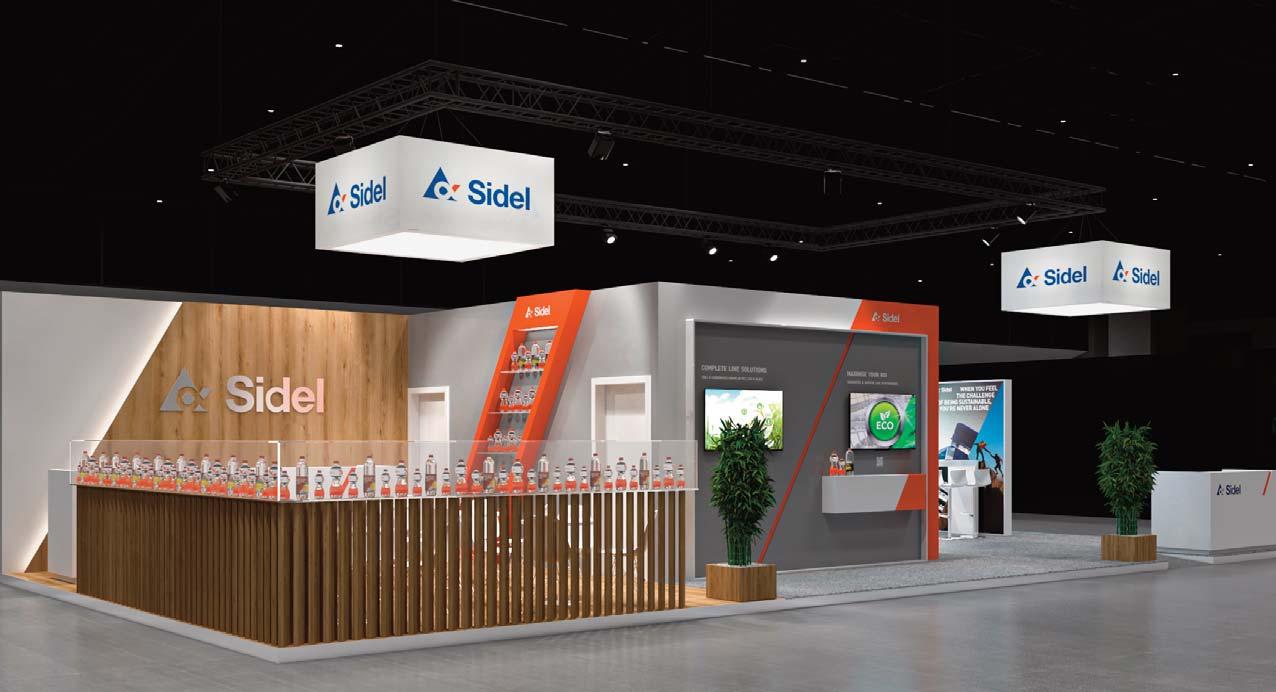
Sidel will preview its latest aseptic packaging system, the new Aseptic Combi Predis X4. Combining the highest food safety standards, unprecedented ease of use, maximum flexibility and best-
in-class environmental footprint, this new development harnesses Sidel’s 47 years of experience in aseptic packaging equipment technology. The Aseptic Combi Predis X4 is designed to help Sidel’s customers meet the growing market for healthy and nutritious drinks with a long shelf life such as juice, nectar, soft drinks, isotonics, teas (JNSDIT), and liquid dairy products (LDP).
Sidel will also demonstrate how its Super Combi – integrating preform feeding, blowing, labelling, filling/capping and cap feeding in a single smart solution – is able to offer significant productivity and quality benefits to customers in the water industry.
Water makes up nearly one-third of soft drinks sales in the UAE, the show’s home territory, and here sales are forecast to grow faster than any other category, to 436m litres by 2026, as consumers additionally seek out climate-friendly packaging and larger pack sizes.
Visitors to the stand will be able to see the fastest single line in MENA in operation, through a film demonstration of the
86,000 bottle-per-hour (bph) Super Combi solution at UAE-based company Mai Dubai. The Sidel stand will similarly show the fastest carbonated soft drinks (CSD) Sidel Super Combi in Africa, recently installed in Challawa, Nigeria and producing 65,000 bph for the Nigerian Bottling Company (NBC of Coca-Cola Hellenic Group).
Sidel, which also offers a Combi solution dedicated to edible oil, will show how it can enhance customers’ line improvement portfolio by upgrading older, low-performance equipment with reliable, high-performance solutions, such as EasyFEED™, Gebo AQFlex® and OptiFEED®
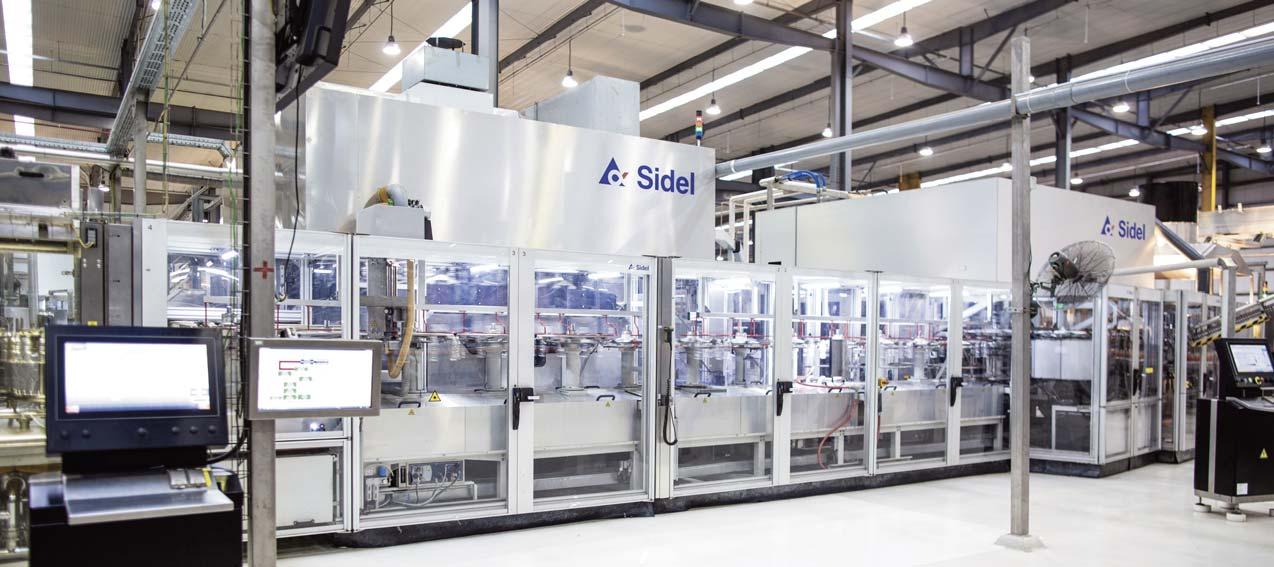
Harbinder Kathuria, Sidel’s VP Sales for MEA&I, says: “We look forward to welcoming our current and potential customers for really practical discussions about how our flexible, smart solutions can help them enhance their productivity, meet their quality and sustainability goals, and respond to the fast-changing market. We’re eager to welcome visitors and provide them with the best advice and information in the industry.”
Another Sidel highlight at the show this year will be Actis™, the proven bottle plasma coating technology, currently accounting for more than five billion bot-
tles produced across the CSD, beer, juices, tea and coffee markets. This technology allows manufacturers to extend the shelf life of a PET bottle by up to five times, while offering significant lightweighting opportunities.
Sidel is continuing with its digital evolution. The Evo-ON® software suite offers powerful cloud computing and data analytic technologies, enabling customers to overcome challenges and reach peak production performance without compromising on product quality or environmental impact, nor adding to operational costs.
Visitors will also discover how Sidel’s service portfolio helps build, maintain and

improve customers’ performance throughout their asset lifecycle, offering high levels of reliability during peak production seasons.
With expertise in eco-friendly packaging alternatives, from 100% recycled PET (rPET) and light-weighted primary packaging with tethered caps, to optimised secondary and tertiary packaging alternatives, Sidel will show how it is ready to help customers meet the packaging market’s changing priorities.
UAE Sort Drinks Market Insights 2021 – Key insights and drivers behind the soft drinks market performance. Source –Global Data.

Givaudan, a global industry leader in the world of scent and beauty, and LanzaTech NZ, Inc. (“LanzaTech”), an innovative Carbon Capture and Transformation (“CCT”) company have announced a collaboration for the development of sustainable fragrance ingredients from renewable carbon.
Renewable carbon is carbon that avoids or substitutes the use of additional fossil carbon. Examples include carbon from CO2 and carbon recycling. Multiple commercial facilities are already licensing LanzaTech’s technology, converting various waste carbon sources to ethanol,
including the conversion of industrial emissions in China, thanks to the power of industrial biology and a proprietary biocatalyst. With over 15 years scale up experience, LanzaTech’s approach to carbon transformation is bringing renewable carbon into people’s lives through the conversion of emissions to ethanol and the subsequent conversion of ethanol to the building blocks necessary to make a wide range of consumer goods, such as laundry detergent, clothing, shoes, and food packaging. In addition, thanks to its synthetic biology and modelling capabilities, LanzaTech can introduce new path-
ways into their biocatalyst to produce a variety of different chemicals through this process.
The research collaboration with Givaudan is one that is expected to leverage this synthetic biology capability and go beyond the production of ethanol, with the companies working together to establish novel pathways to key fragrance ingredients used across the Givaudan portfolio. By searching for new opportunities to bring perfumery material innovations to life, the companies have a shared goal of using sustainable methods to continue serving consumers through enhanc-
ing the perfumery palette and being good for the planet as well.
Jeremy Compton, Global Head of Science and Technology for Fragrances at Givaudan said: “We are very excited about this strategic collaboration with LanzaTech, a much-respected sustainable materials company that has an impressive heritage, and a state-of-the-art research platform in renewable carbon solutions. Our purpose of ‘creating for healthier, happier lives with love for nature’ fully aligns with the aspiration of our two companies to develop products that support us in being carbon neutral in the future. Together we have the potential to grow with our respective businesses while increasing our positive impact on the world with products consumers feel good about, and that preserve our planet.”
“Givaudan has long been an expert in pairing innovation and technology in the world of fragrance and we are excited to be working with a company that shares our vision of a post pollution future,” said Jennifer Holmgren, CEO of LanzaTech. “Together, thanks to the power of synthetic biology, we are expanding the way in which we can deliver sustainable solutions to all consumers, giving them a choice as to where their carbon comes from while protecting our planet.”
Both companies have been longstanding members of the Renewable Carbon
Initiative, an organisation whose goal is to support and speed up the transition from fossil carbon to renewable carbon for all organic chemicals and materials.

“Industry has to go beyond using renewable energy,” said Michael Carus, founder of the RCI.” All fossil carbon use must end, as the carbon contained in the molecules of chemicals and plastics is destined to end up in the atmosphere sooner or later. Only a full phase-out of fossil carbon will help to prevent a further increase in atmospheric CO2 concentrations.”
Givaudan is a global leader in Fragrance & Beauty and Taste &
Wellbeing. We celebrate the beauty of human experience by creating for happier, healthier lives with love for nature. Together with our customers we deliver food experiences, craft inspired fragrances, and develop beauty and wellbeing solutions that make people look and feel good. In 2021, Givaudan employed over 16,800 people worldwide and achieved CHF 6.7 billion in sales with a free cash flow of 12.6%. With a heritage that stretches back over 250 years, we are committed to driving long-term, purposeled growth by improving people’s health and happiness and increasing our positive impact on nature. This is Givaudan. Human by nature. Discover more at www.givaudan.com.
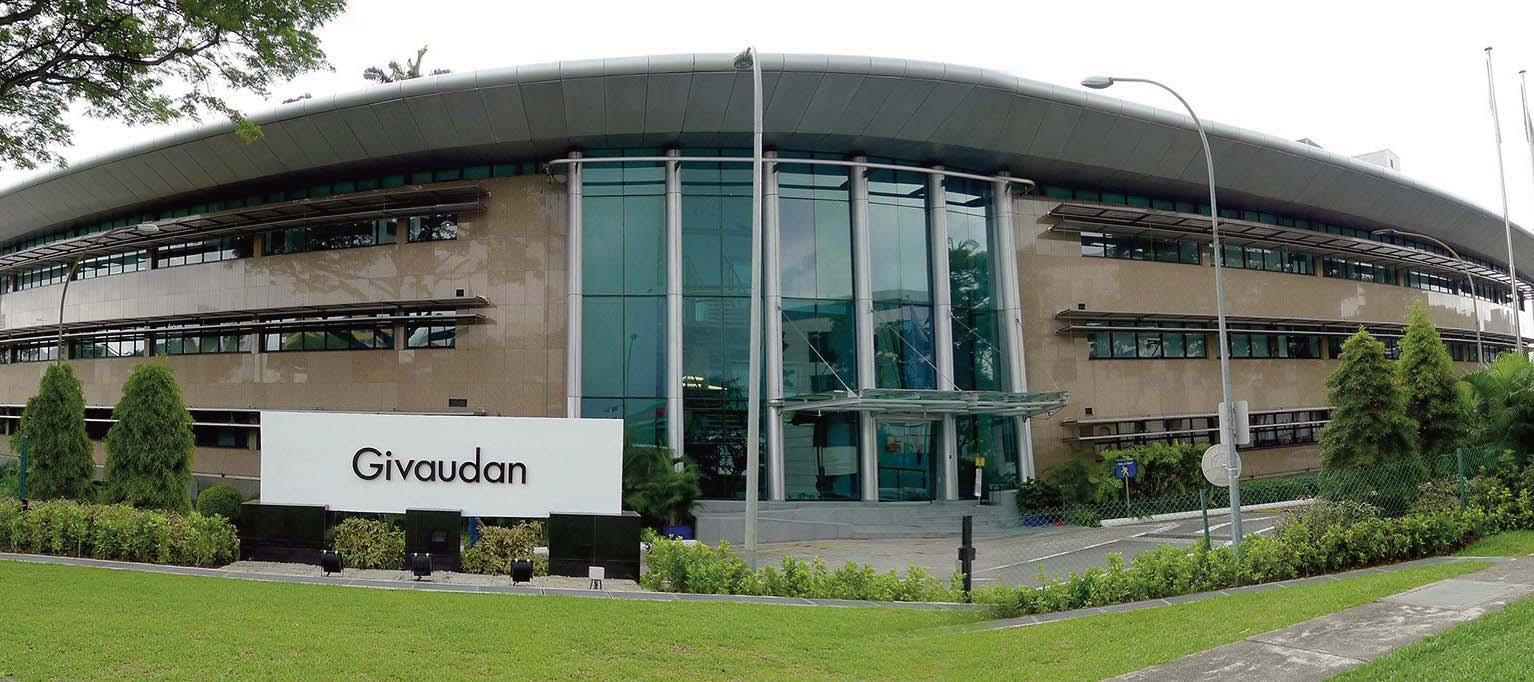

In mid September, GEA celebrated the opening of the new, state-of-the-art food processing and packaging Technology Center in Frisco, Texas. Located in the Dallas suburbs, the 15,000 square foot facility features more than 40 pieces of GEA equipment used to manufacture food products.
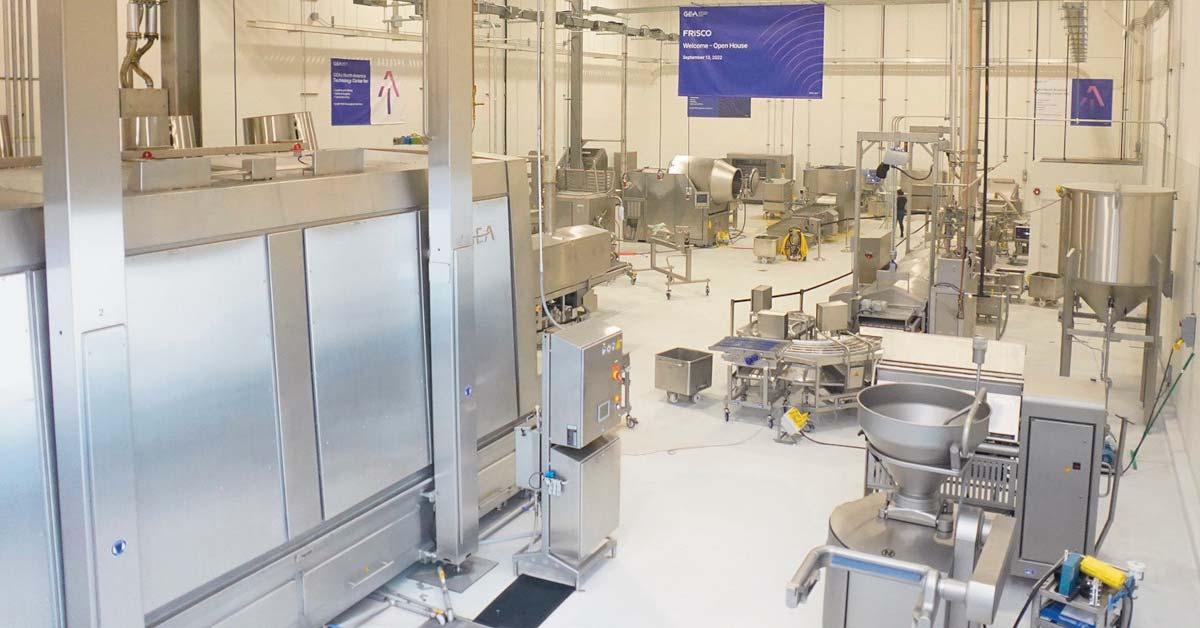
Managed by highly qualified food technologists, the flexible facility offers customers from North and South America the opportunity to test individual machines up to a complete processing line and to train employees. Testing results can be carefully analyzed in the Center as well. Customers benefit by evaluating processes for yield, quality, and economic viability without disruption to their production and packaging lines.
GEA recently moved to this new location. “The move allowed us to expand and upgrade our offering to include recent innovations. We are confident that these improvements will provide additional value to current and future customers,” explains Ananta Islam, Vice President Food & Healthcare North
America at GEA. “Since its inception in 2014, the goal of the North American location has been to provide partnership opportunities for both GEA and our customers. In addition to welcoming R&D teams, we offer this facility for customer staff training and technical seminars with industry experts.”
Nine complete processing lines are available in the Technology Center, including a homestyle/flour coated line
featuring the GEA MultiDrum and a full slicing line that contains the recently introduced GEA OptiSlicer 6000 and the GEA PowerPak PLUS thermoformer. The center also features GEA mainstays like the GEA CookStar oven with GEA SuperHeatSmoke, GEA MultiJector 2mm and GEA SmartPacker TwinTube.
In addition to the Technology Center, the Frisco facility houses corporate offices, a spare parts warehouse and an 8,000 square foot tool shop that manufactures die sets for GEA’s packaging and forming equipment.
Unitech Engineering is a leading supplier of high-quality stainless steel and aluminium equipment to the food, beverage, pharmaceutical and other hygiene conscious industries.
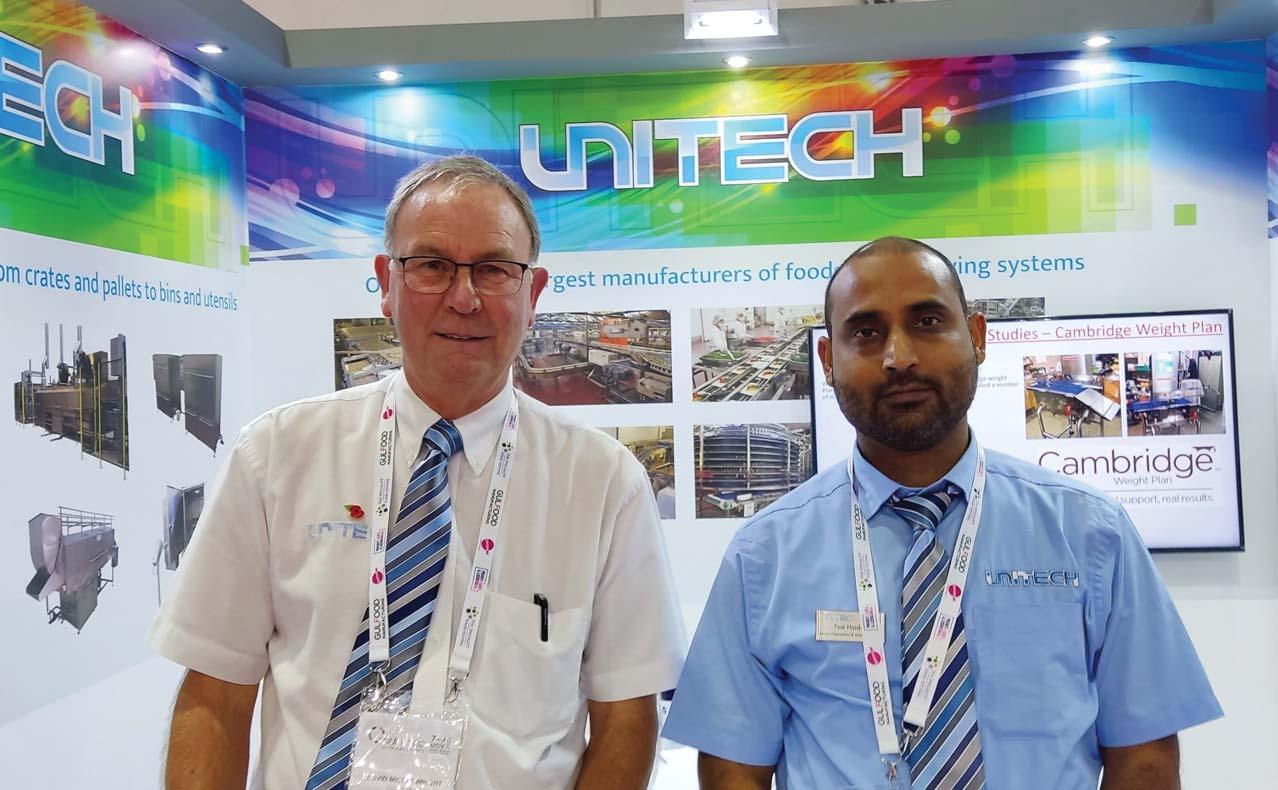
Unitech Engineering Ltd is the largest business in the Unitech Group and was formed in 1991. We operate from our 90,000-square foot production facilities in the heart of the West Midlands. Through our experience, we have the expertise to offer full turnkey projects, with many impressive references both in the UK and worldwide.
Unitech is a leading supplier of high quality stainless steel and aluminium equipment to the food, beverage, pharmaceutical and other hygiene conscious industries.
Operating from our 75,000 square foot production facility in the heart of the West Midlands we offer a range of 'off the shelf' products as well as bespoke fabrications. We also have,
through our experience the expertise to offer full turnkey projects with many impressive references both in the UK and worldwide.
At Unitech we pride ourselves on our outstanding level of quality, on all equipment that we manufacture. We are a leading supplier of high quality stainless
steel and aluminium equipment. This is supplied to a wide range of market sectors including the food, beverage, pharmaceutical and other hygiene conscious industries. We offer a range of ‘off the shelf’ stainless steel products as well as bespoke fabrications. The range of ‘off the shelf’ products we manufacture is extensive. So whether you are looking for a one-off product or a full production facility refit, at Unitech we can help.

How can mankind hold back climate change? How can the world’s population be fed? And how can packaging be used responsibly? These issues have a direct impact on all social classes. Each and every one of us must help solve them. This is the only way to make sure we leave a planet worth living on to future generations. Krones is fully aware of its responsibilities and has over the past few years focused all its activities on these targets. The overriding goal driving innovation in all our new developments and design enhancements is the requirement for sustainability, which is accorded top priority not only among consumers but also among our customers. This development is supported by digitalisation, which likewise helps boost performance in our customers’ production plants while also increasing profitability and flexibility levels. It is not restricted to the machines themselves but extends across lines and systems and includes all relevant processes.
This is why Krones will focus on solutions that ensure sustainable, flexible and cost-efficient production across the board at this year’s Gulfood Manufacturing.
In the beverage industry, one of the most important questions has in recent years been whether plastic packaging can be sustainable. And the answer has not changed: Yes, it can, if the production process is resource-economical and if it is kept in a closed loop. Starting with material-saving packaging design, followed by low-energy container production right through to recovery of used plastics, Krones offers a solution for every step in the process, with the aim of creating a sustainable beverage factory with a closed PET loop. All the modules needed for each production step already exist in the Krones Group’s portfolio.
One of the key elements in Krones’ plastics loop is the MetaPure recycling systems. They are already being used to recycle between 150,000 and 200,000 tons of PET bottles a year. Depending on customer demand, this can be done for different material qualities all the way up to food-grade PET.
In the processing of recyclate preforms, the crucial parameters are ambient temperature and humidity, the weight of the preform and the proportion of recycled material. If such framework parameters change, it will always be necessary to re-adjust the stretch blow-moulding process or even reset it. Previously, operating staff have had to do this manually. But the smart Contiloop AI (artificial intelligence) control system is now able to perform this task fast, accurately and fully automatically. The Contiloop AI is used in the new generation of Contiform stretch blow-moulders, for example.
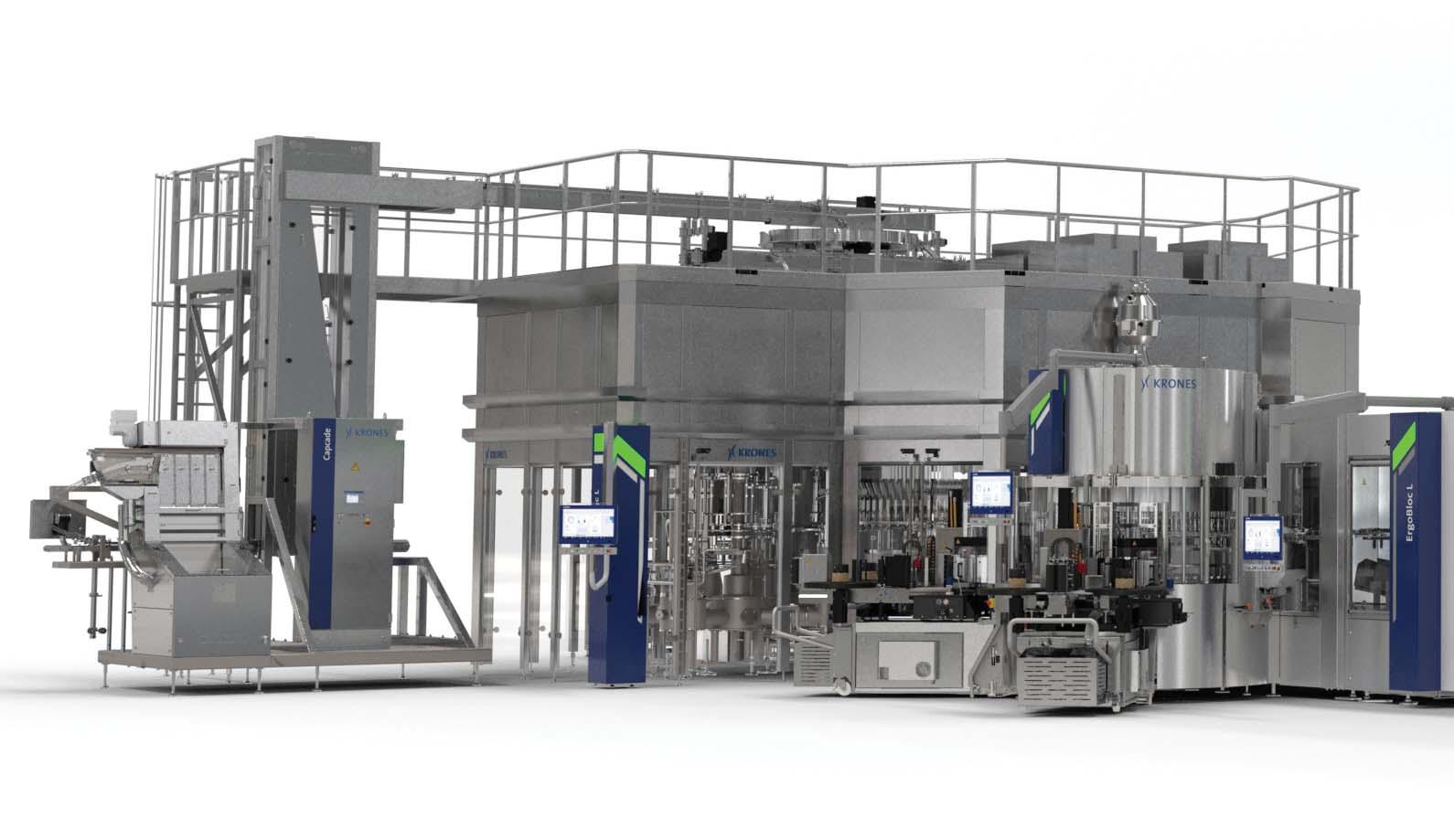
The combination of sustainability, flexibility and cost-efficiency was one of the paramount goals in the development of the fourth generation of the Contiform, with a striking result: Compared to the preceding generation, energy consumption has been reduced by eleven per cent, and compressed-air consumption by up to 20 per cent.
After the bottles have been blowmoulded and filled, they can be fitted with tethered caps, a new type of closure permanently attached to the bottle. This helps avoid plastic littering.

Visitors to the Gulfood Manufacturing food tech show can also pick up information on the world’s first wet-end block, producing an impressive 100,000 bottles per hour. Looking at the individual machines, you quickly realise that this new system differs from conventional blocks in quite a few features. The filler posed the biggest challenge for the development team because there are physical limits to the standard approach of “bigger carousel equals higher output”. That is why the filler block features two modularised filling units and two modularised closing units, which function as a single integrated system.
Krones’ development engineers are frequently asked whether such a large block can ever be sustainable. The answer is an unequivocal “Yes” because, contrary to common belief, both energy and media consumption per packaging unit produced is significantly lower on a big line than on several medium-output lines.
But Krones is a complete-system vendor and, as such, offers far more than just solutions for plastics processing. A large number of greenfield and brownfield projects, one of the world’s biggest water treatment plants, and beverage plants that are already taking full advantage of the benefits of digitalisation are

evidence of the innovative vigour, line competence and can-do professionalism as a complete-system vendor which Krones has demonstrated time and again in the past few years.
One of its innovative solutions can be watched in operation at the Gulfood. Thanks to Rapid Parts on Demand developed by Krones, it is possible to produce a brand-new “emergency part” in just a few hours. This can be used to bridge the gap until the proper spare part is delivered. In other words, there is no need to stock it.
There’s plenty to discover on the Krones stand – Visit us on Stand D1-4 in Hall-1
Baker Perkins has introduced a new starch-free depositor for gummies and jellies.

With outputs up to 250,000 pieces/hr (1,000kg/hr), the ServoForm™ Flexi provides a hygienic and flexible alternative to many starch moguls applications - particularly in the rapidly growing functional, nutraceutical and healthcare markets.
The ServoForm™ Flexi meets the needs of manufacturers looking for the hygiene and simplicity of starch-free depositing but with the longer setting times and versatility of moguls. Products using gelatin, pectin, carrageenan or blends as the gelling agent can all be handled.
Depositing is at final solids, so although the products need time to set before being demoulded, no drying is required. Setting time varies according to composition: from a few minutes for some pectin recipes up to a maximum of four hours for gelatin. This significantly reduces the time, energy and space required for post-depositing operations.
At the end of the depositor the moulds are removed from the machine and stacked on pallets before being moved to a setting room.
After setting, the moulds are loaded into a demoulding machine where the product is removed gently and transferred
to finishing processes such as oiling, sanding and conditioning before packaging.
Two versions of the ServoForm™ Flexi are available: a single depositing head gives outputs up to 125,000 pcs/hr (500 kg/hr); a longer machine with two heads can produce up to 250,000pcs/hr (1,000kg/hr).
Each head can have one or two hoppers enabling solid, striped, centre-filled and layered products to be made. The hoppers can also be divided into two sections, each with independent servo control, so that two different products may be deposited simultaneously.
The Flexi uses the same servo-controlled depositing head that is found on every Baker Perkins ServoForm™ depositor, from laboratory machines up to high output systems. This offers well-proven accuracy, reliability and flexibility as well as easy cleaning and rapid changeover. Moulds are fed under the depositor head on an intermittent conveyor and lifted under the nozzles to minimise tailing Specialist moulds and cookers
The new ServoForm™ Flexi utilises lightweight plastic moulds specifically developed for the starch-free process. Sized 800 x 600mm, they are designed to maximise output while being easy to handle.
They are stacked on pallets, either manually or by robot, for transport between operating stations and in the setting room. The mould stacks interlock for stability but allow air to pass through them in the setting room to promote rapid and even cooling
Choice of proven Baker Perkins cooking process to accompany the ServoForm™ Flexi depends on the end product. The industry-standard Microfilm™ cooker has a unique thin-film process; the Turbofilm™ is a plate heat exchange cooking system.
The hygienic and accurate qualities of Baker Perkins’ cooking and starch-free ServoForm™ depositing systems make them ideal for producing confectionery products for functional, medicated and healthcare markets, including nutraceutical, sports nutrition and pharmaceutical opportunities.
Jellies and gummies are used to deliver a variety of functional ingredients for functional medicated gummies including vitamins, minerals, protein, fibre, CBD, Omega-3, probiotics and energy supplements.
Products from Baker Perkins systems are reproducible, and capable of validation, with the active ingredients present in precisely the quantities claimed.

IAC is the single largest company working in Pakistan with well integrated supply chain management systems, operating comprehensively as grower, packer, wholesaler, cold storage facility provider, processor and exporter of fresh fruits, vegetables, fruit pulp, clear juice concentrate, fruit drink & fruit nectars.
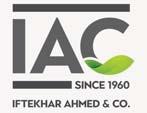
GEA is one of the world’s largest systems suppliers for the food, beverage and pharmaceutical sectors. Their portfolio includes machinery and plants as well as advanced process technology, components and comprehensive services. Used across diverse industries, they enhance the sustainability and efficiency of production processes globally.

Their business model has evolved significantly since our founding in 1881 as a metals trading company. Today, their five business divisions are supported by more than 18,000 dedicated employees located in 64 countries. GEA customers benefit from our global reach, extensive local presence, and from the depth and breadth of our processing knowledge and portfolio, underpinned by a strong sense of purpose and responsibility.
Krones offers lines for the beverage industry and food producers: process technology, filling technology, packaging machines, all the way through to IT solutions. Every day, millions of glass bottles, cans and PET containers run through a Krones line. As a supplier for complete systems, Krones provides breweries, beverage bottlers and food producers all over the world with
Shafi Gluco Chem is the world’s leading producer and exporter of sweeteners and proteins. Specializing in Rice and Tapioca ingredients, we believe in creating consistent value for our customers. In line with our organic philosophy, Shafi Gluco Chem has pioneered several innovations, driving the industry trends forward.
We ensure top quality procurement from our organic fields; an additive-free natural production process; and promise a simple and cleaner label while enabling numerous functionalities for all food and drink formulations.
We are deeply committed to safety, quality, integrity, and excellence in everything we do! Since 2003 we have been exporting our wide range of products to more than 90 countries globally. Our customers include a wide array of consumers including bakeries, confectioneries, food and beverage companies, pharmaceuticals, buyers and distributors. Our strong supply chain network assures a prompt response, shortened lead times and dependable product quality when and where you need it.
individual machines and with complete production lines.
Krones designs and implements complete lines for beverages and food, which cover each individual production process step – starting from product and container production, filling and packaging all the way up to material flow and container recycling.


Schneider’s purpose is to empower all to make the most of energy and resources, bridging progress and sustainability for all. At Schneider, we call this Life Is On. Their mission is to be your digital partner for Sustainability and Efficiency.
They drive digital transformation by integrating world-leading process and energy technologies to realize the full efficiency and sustainability opportunities for your business. Provide end-point to cloud integration connecting products, controls, software and services. They enable lifecycle solutions from design and build to operate and maintain phases through a digital twin and deliver capabilities to
transform from site-to-site to an integrated company management. Their integrated solutions are built with safety, reliability and cyber security for your homes, buildings, data centers, infrastructure and industries.
People all over the world consume products packaged by Sidel Group solutions every day. Each of those packaging solutions is developed according to the goal to deliver the highest quality standards to consumers. They are a leading provider of equipment, services and complete solutions for packaging liquids, foods, home and personal care products in PET, can, glass and other materials.
There are close to 40,000 Sidel Group machines in operation in over 190 countries today. Every one of them is the result of our almost 170 years of proven experience and innovation. They continually focus on providing partners with advanced systems, line engineering and innovation that are designed with one thing in mind: to ensure the customer reach their business goals.
They make food extraordinary. For 160 years, they’ve been driven by the passion to create food people love. Because we’re food people. It’s not just what we do. It’s what we love. Their deep technical expertise and passion drive the innovation and creativity that thrive within their business. They are committed to operating responsibly, working with the local communities and protecting the environment for future generations. Their core values of safety, integrity and respect help drive their corporate responsibility program.
Throughout the world, shop and supermarket shelves are stacked with foods made on equipment supplied by Baker Perkins. In the bread, biscuit, confectionery, snack and breakfast cereal sectors, many of the world's leading brands rely on technology supplied by Baker Perkins.
Baker Perkins' equipment and service drive the production and profit at many of the world’s leading food manufacturers. The company's strength lies in its process expertise, engineering excellence and extensive service philosophy, extending from design and manufacture through installation and commissioning to Lifetime Support.
Since its establishment in 1977, THOMASON is one of the leading European Industrial companies in manufacturing of all kind of Bottling Lines and its accessories for liquids - creams and powders for the Cosmetics - Pharmaceuticals - Food and Beverage - Dairy - Chemicals and Agrochemicals - Liquid DetergentsEdible Oils as well as Lube Oils .

THOMASON is one of the leading companies with clients in all over Arab Countries - Europe – Asia and USA basing the company success of being able to design and manufacture machines according to customer needs and specifi-

MULTIVAC is one of the leading suppliers of integrated packaging solutions with a focus on packaging, processing, portioning, labelling and marking as well as inspection and handling. They build the market position on an innovative and cutting-edge technology and a comprehensive product portfolio, as well as on a long-term expertise and experience. Their customers benefit from the profound knowledge of processes and automation, the same as from the closeness to their business.
cations .The developing and studying of the machines is done by high skilled personnel and are under all European high standard materials according to CE regulations, manufactured for high performance, precision and efficiency.
TECALIT
Srl is an Italian company which manufactures and supplies machinery for the food industry and is specialized in complete plants for the production of Pasta and Snack pellets. TECALIT Srl designs its own equipment and delivers "Turn-Key" industrial plants. They supply a number of complete State-Of-The-Art production lines. Tecalit provides the Customer a highly specialized technical and technological service during installation and after sales. They transfer knowhow and competent training to Customer's personnel.
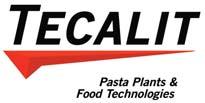
The origin of our company was in 1976. At that time Uwe Kohlhoff founded a specialised company for sheet metal processing. Thanks to its high operational flexibility and the specialisation in the processing of stainless steel, KOHLHOFF was soon able to construct and produce custom-made articles of the most diverse kinds. An up to then very successful development resulted in the foundation of our present company in the early 1990s.
The performance focusses of the KOHLHOFF Hygienetechnik GmbH & Co. KG encompass development, production and sales of own hygiene technology machines, appliances and equipment in
order to comply with the worldwide applicable regulations for personnel and industrial hygiene for food processing companies.
Gatron (Industries) Ltd. and Novatex Limited belong to a group of companies, G&T – Gani & Tayub. The group is in business since 1948. These seven decades of operational excellence, experience and expertise have all formed a combined strength to empower the group as a leading name in Polyester Filament Yarn, Polyester Chips and PET Resin in Pakistan.
SOCAPS is the worldwide leader in TECHNICAL ASSISTANCE in the Food & Beverage packaging industry, but also present in the Healthcare, Cosmetics, Energy and Aeronautics industries. Since 1984, they are assisting industrial equipment manufacturers all over the world by helping them to design, assemble, install and maintain their equipment worldwide.

They are present all over the world, with local teams in several countries and a large community of technicians ready to travel wherever they are needed.
ARCO plastics delivers the best return on investment for its customers by producing plastic pallets of almost all sizes with state of the art plastic processing. Our consistent R&D ensures that they are creating the right product for the right place in the right way.
Since 1990, ARCO Plastics has been consistently driving the high-reliability plastic processing industry in Pakistan. The only local industry competing with interna-
tional brands. Pakistan’s leading solution provider in returnable and reusable plastics packaging products, specializing in the design and implementation of material handling and supply chain solutions while offering a broad product mix from bins, crates, pallets, and much more.
As a leader in material handling and packaging solutions with over 25 years of experience serving companies all over the world, ARCO Plastics is an obvious choice. Hygienic, sustainable and state-of-the-art, our plastic products are the ideal supplement to your warehouse factory’s distribution and transport operation.

Since 1996 they have been in the packaging industry. In 2010, established Continental Print & Pack (Pvt) Ltd. It is one of Pakistan’s most modern factories dedicated to R&D and Flexible Packaging products in the PP Woven (Rice, Flour, Sugar), Confectionery, Snacks, Biscuits, Ice Cream, Frozen/Dry Foods, Spices, Edible Oil, Diaper, Pharmaceutical and Fertilizer Industries.
Its fast adaptation to the advancement in Technology, Professional Expertise, Technical know-how and Product Development capabilities makes Continental Print & Pack one of the best packaging manufacturers in the Middle East and South East Asia. Our in-house R&D Lab, Technical Advisors and Quality Control staffs are dedicated to improve our existing technology and expand our product range to meet your packaging challenges.
Their plant expansion in 2014 has tripled production capacity to printing 480,000 Meters per day. Investments in new machines were not neglected in the plant expansion.
New printing line and new very efficient lamination machines were installed, as well as state of the art SAP System to streamline the entire supply chain process from Procurement, Materials Management, Production, Dispatch, Financial and Invoicing. Continental Print & Pack (Pvt) Ltd. is the holder of ISO 9001 and ISO 22000 certificates. They are planning for BRC certification to increase our global foot-print.

Far Eastern Impex Pvt Ltd was first established as a trading concern in 1959 by Mr. Badar G. Poonawala who dealt with the sale of commodities in various consumer markets of South Asia at that time. This vision was further carried forward by Mr. Noordin Poonawala who joined the company in 1963 and brought along distinct ideas whose application elevated the company to new heights.
Fast forward to 1991, the first sales division was setup by Mr. Abeezar Poonawala in Lahore, that later started working as an independent regional office focused on the Punjab and Khyber Pakhtunkhwa region. The firm’s technical capabilities grew exponentially when Mr. Aman Poonawala joined in 1995. His expertise in the food sciences injected a new life into the company and provided a technical edge against competitors. Through the joint proficiency of the technical experts and the business acumen of our CEO, they continue to expand into newer markets and in innovative product categories.
For over 6 decades, they have been successfully fulfilling the passion of providing excellence, backed by commitment, led by innovation and trusted by the market. Far Eastern Impex takes us on a journey that is filled with rich flavors, vivid colors and a world of pleasing platter of tastes. They cater to a diverse clientele both from the local and the international markets. Not only they firmly believe in progression but strive to strategize ourselves to be at par with any successful global conglomerate.

Matco Foods Limited is a leading Food Processing & Export Company in South-Asia, established in 1964. They provide packed consumer foods products that offer convenience, and supply quality ingredients to the pharmaceutical and confectionery industries. Their products include basmati rice, rice glucose, rice protein, Himalayan pink salt, spices, dessert mixes and more.
As the largest basmati rice exporter from Pakistan, they have over 50 years of experience in the rice industry, and more
than 150 corporate customers, with our flagship brand “Falak” available in more than 65 countries worldwide. Their philosophy is to produce premium quality food products and ingredients that conform to international standards, to be innovative, customer oriented and create strong partnerships with suppliers, to continuously invest in our staff – the biggest assets of the company and to create long term value for all our stakeholders – customers, shareholders, staff, suppliers and the wider community.

n 1957, Kamil & Sons was established to fulfill the growing demands of paper and board in the newly born state of Pakistan. In the next few years, the company started to expand the business and production capacity by integrating skilled manpower and machinery. And it emerged as a trusted name in the industry having an extended clientele. After years of delivering quality paper and board products, the founders planned to extend the operation in more sectors. Hence, the vision of Kamil Packaging (Pvt) Ltd was ascertained.
Kamil Packaging is providing the best flexible packaging solutions for a decade. They have hundreds of satisfied customers who trust in services. It has become possible because of their state-of-the-art packaging plant, strict quality control, and the legacy that they’re continuing. They’re housing 500+ skilled workers and using the most advanced machinery to produce the finest packaging products. They’re continuously researching and developing indigenous packaging solutions for clients.
A salt manufacturing company established in 1986, known for providing premium salt quality of different grades produced and processed in the most advance and latest method. They are labeled as the top most ranking exporter for its systematic and well-planned products that go through uncompromising quality control and assurance. The only Salt company in Pakistan that can offer every grade of salt and every sort of packaging according to customers’

needs. Hub Salt is a certified company that has acquired different certifications for its unbent standards of providing consistent, high-quality products.
They take pride in having certifications of Kosher, Halal, ISO 14001:2015, ISO 9001:2015 + HACCP, BRC, GMP & GMP+B2 and an SA8000 & SMETA compliant.
Hub Salt produces 500 tonnes Himalayan Pink Salt, per day and is the only salt manufacturing company that runs the most modern plants. Washes the salt in cleaning process and removes the impurities through metal detectors.
Universal packaging is a leading packaging company that provides premium quality packaging solutions for consumers globally. With an assurance to great value and remarkable quality, They cater to a diverse range of industries.
Their packaging solutions helps extend shelf life & ensures that the product does not lose its freshness. Being in this unwearied packaging industry for over a decade, their success, wealth of experience, and remarkable industry-wide performance Is a reflection of the corporate strategy, operational excellence, focus & commitment to customer satisfaction.
They are proud to say that they have added recognizable value to this industry over the last decade, by not only being innovative, but by acquiring the latest technologies that enables them to introduce new & creative packaging solutions which often exceeds the customer’s expectations.
Toyo Packaging was established in 1989 and has emerged as one of the leading flexible packaging companies in Pakistan. They deal in conversion of flexible packaging material and they specialize in gravure printing, bag making, anti-counterfeiting holographic film, PVC Twist film, PVC Rigid Sheet and triplex laminates.
Toyo Packaging serves clients from diverse backgrounds and industries including multinational FMCG’s, tea, confectionary, cakes, snacks, ice creams, textiles,

pharmaceuticals and automotive. With our twenty-five years of experience in the industry, they not only serve well-established companies but also support new setups and assist them with know-how of the packaging field. They associate themselves as strategic partners of their clients by aiming to grow the business by strongly integrating with customers. Toyo Packaging is a strategic partner who they can trust to deliver and make our job easier by providing unique packaging solutions. They help us in reducing your packaging worries and allow you to maximize our focus on our core business.
Toyo Packaging produces a wide range of custom designed laminate structures for the primary packaging of products in solid, powder or liquid form in consumer packaging as well as bulk packaging. Their customization optimizes the design to achieve product protection and brand image promotion whilst keeping in consideration the clients’ budget. Our R&D team is devoted to provide new packaging solutions that meet the latest packaging trends and customer requirements.
With decades of solid experience, they’ve built up a team of experts and state of the art equipment supported by a strong MIS system that enables Toyo Packaging to convert different types of substrates, including BOPET, MetallizedBOPET, Pearlized BOPP, Matt BOPP, BOPP, Metallized-BOPP, CPP, Metallized-CPP, BOPA (Nylon), ALU FOIL, CO-EX PE, into duplex and triplex laminates.
Quality Flavors Pvt Ltd. always goes one step further to make sure they can. Their fragrances & Perfume Oils are all about the very best of nature, their own local processing facilities, the most innovative technologies and worldwide knowledge of regional preferences and the latest trends. Because Quality Flavors does so much more than just create fragrances & Perfume Oils, their development experts always know every fragrance that will make our product truly indulgent.
Quality Flavors unlocks all type of Fragrances & Perfume Oils for us. Consumers are constantly on the lookout
for a new fragrance. As they are the worldwide best fragrance manufacturer, so they are always driving the development of fragrance technologies forward. For us, that means an ever greater variety of unique fragrance and totally new opportunities for our success on the market.
SMC – leading Pakistani manufacturer of flavours & fragrances, committed to developing high-quality flavours & fragrances with more than 100 years of experience in the industry. Tracing its roots to Pre-Partition India, SMC has been combining the experience passed down from one generation to another with modern technologies to deliver the best sensorial experience.

They are a hundred years full of tasteful experience in flavours and fragrances, creating endless possibilities through their exhaustive innovation and vast expertise. Their commitment to great taste is matched by the diverse skill set of versatile team that brings a unique understanding of the customer’s needs. Every time and every step of the way, they help us bring our dream to life.

Wiztec Food Solutions is part of the Almoiz Industries Ltd having a Journey over 50 years. They are the most technologically advanced and innovative group in Pakistan. Wiztec Food Solutions is a popular name in agro-based industries that deal with the manufacturing and exporting dehydrated ingredients. The company has a 4-acre state-of-the-art manufacturing facility located at Dera Ismail Khan in a pollution-free and natural atmosphere. The Project is integrated with 22000+ acres of land. They deal with highquality dehydrating products and ensure good manufacturing practices at our plant. They are here to solve the needs of:
Their farmers by giving them opportunities to explore the best potential of their fields.
Their customers by providing them high quality, safe and stable ingredients for their recipes.

Already 25 per cent more space booked than 2022. The leading trade show for the global fresh produce business will take place in Berlin from 8 to 10 February 2023. Last call for exhibitors to book their stands.
Spend better, save more. For exhibitors at FRUIT LOGISTICA 2023, it’s an essential mantra in the face of a global cost crisis that challenges everyone in the fruit and vegetable business.
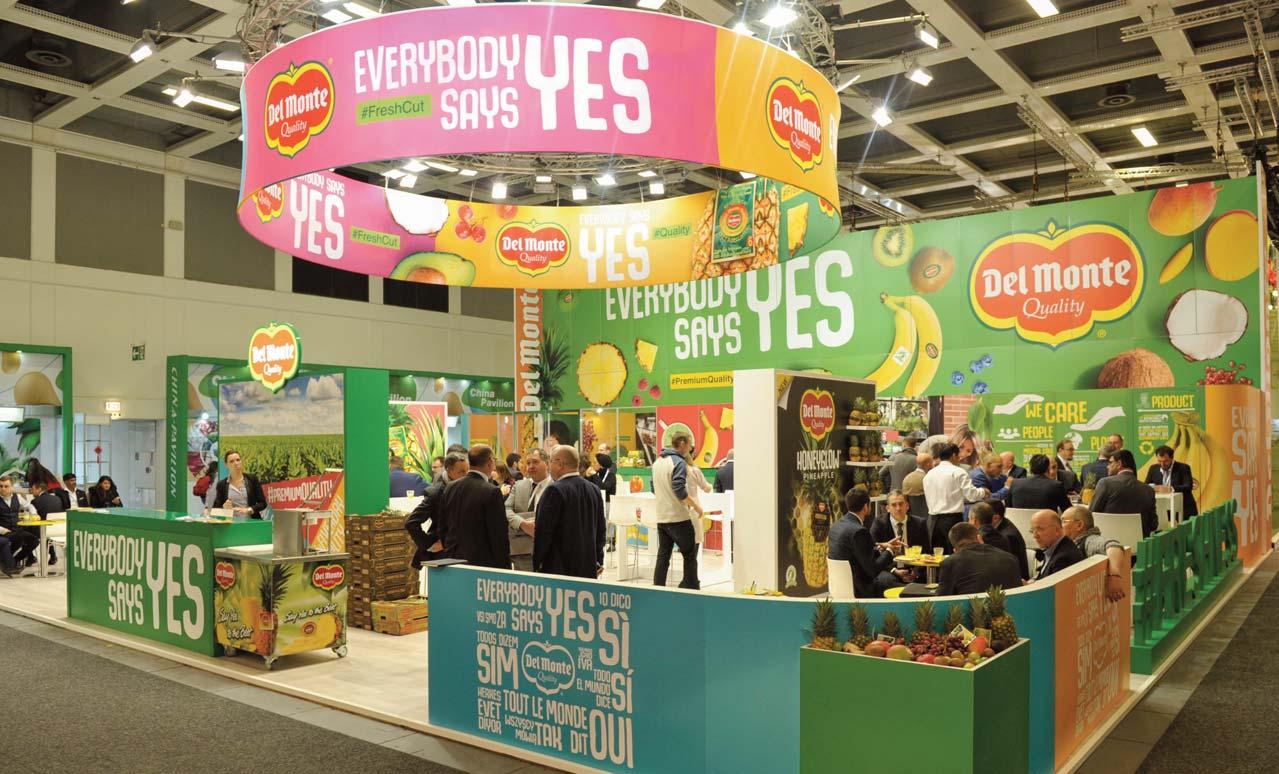
Innovative companies from across the world – and from all parts of the value chain – are ready to share their solutions to those challenges at the leading trade show for the global fresh produce business, which takes place in Berlin from 8 to 10 February 2023.
That’s why FRUIT LOGISTICA’s own motto this time is “All in One”. And, at a time when efficiency is even more essential, the opportunity to reach the largest
possible audience in a single location is all the more valuable.
FRUIT LOGISTICA director Kai Mangelberger says demand for exhibition space at next year’s event is strong. “Exhibitors have already booked 25 percent more space than they did for the 2022 event, which shows that FRUIT LOGISTICA is not only the place to learn about new, cost-conscious innovations, but also to present them to the rest of the industry. In Berlin, exhibitors can reach as many people as possible and the right people in one place.”
For many in the business, water and energy supplies are under intense pressure. And the costs of those inputs, as well as vital services like logistics and packaging, have increased dramatically over the past few months. But exhibitors at FRUIT LOGISTICA 2023 have answers to those challenges.
Take Mavuno Technologies, which will make its FRUIT LOGISTICA debut. The German startup is on a mission to help cashew farmers in Tanzania to increase their yields. It gives them access to affordable organic crop protection, as well as a dependable crop forecast system that incorporates satellite imagery and machine learning technology. Those innovations make their commercial model more sustainable and less susceptible to poor conditions.
Many of FRUIT LOGISTICA’s exhibitors will also use the event to show how they have reduced not only their costs but also their impact on the environment. “Thanks to the agronomic practices we promote, our fruit is produced using 55 per cent less water than traditional irrigation techniques,” says Rita Biserni, marketing manager at leading Italian cooperative Alegra, which returns to the event in February 2023.
